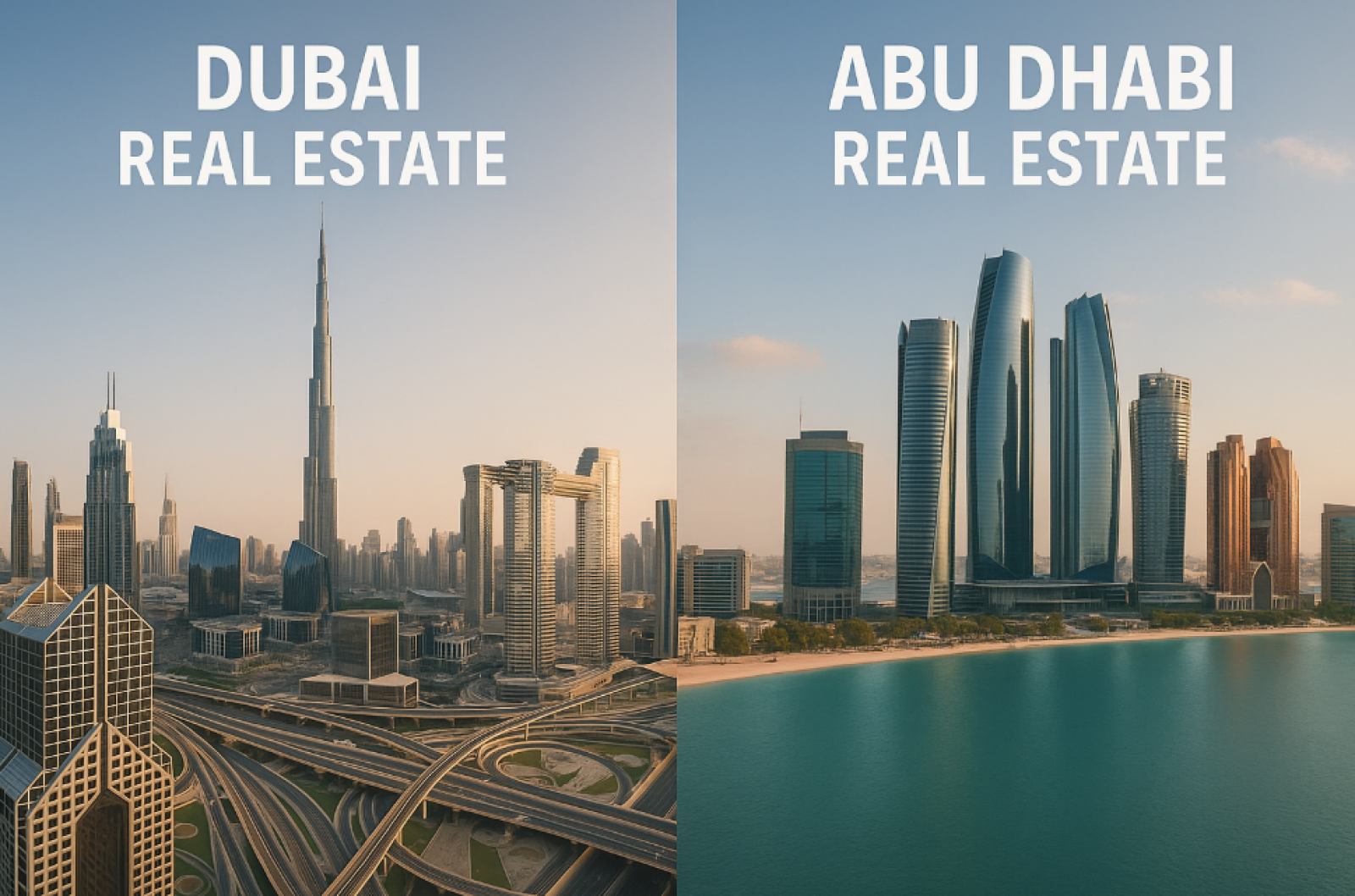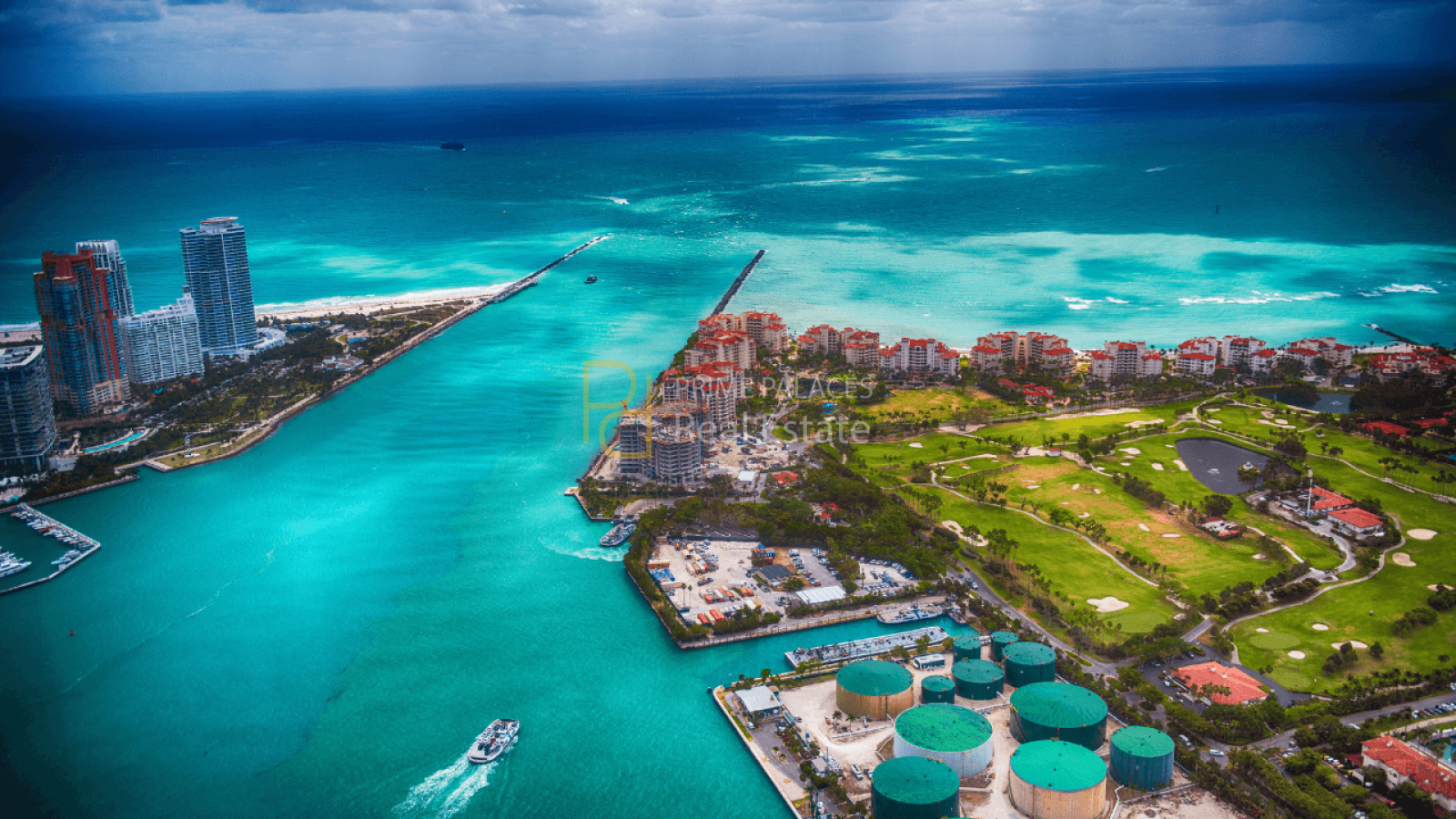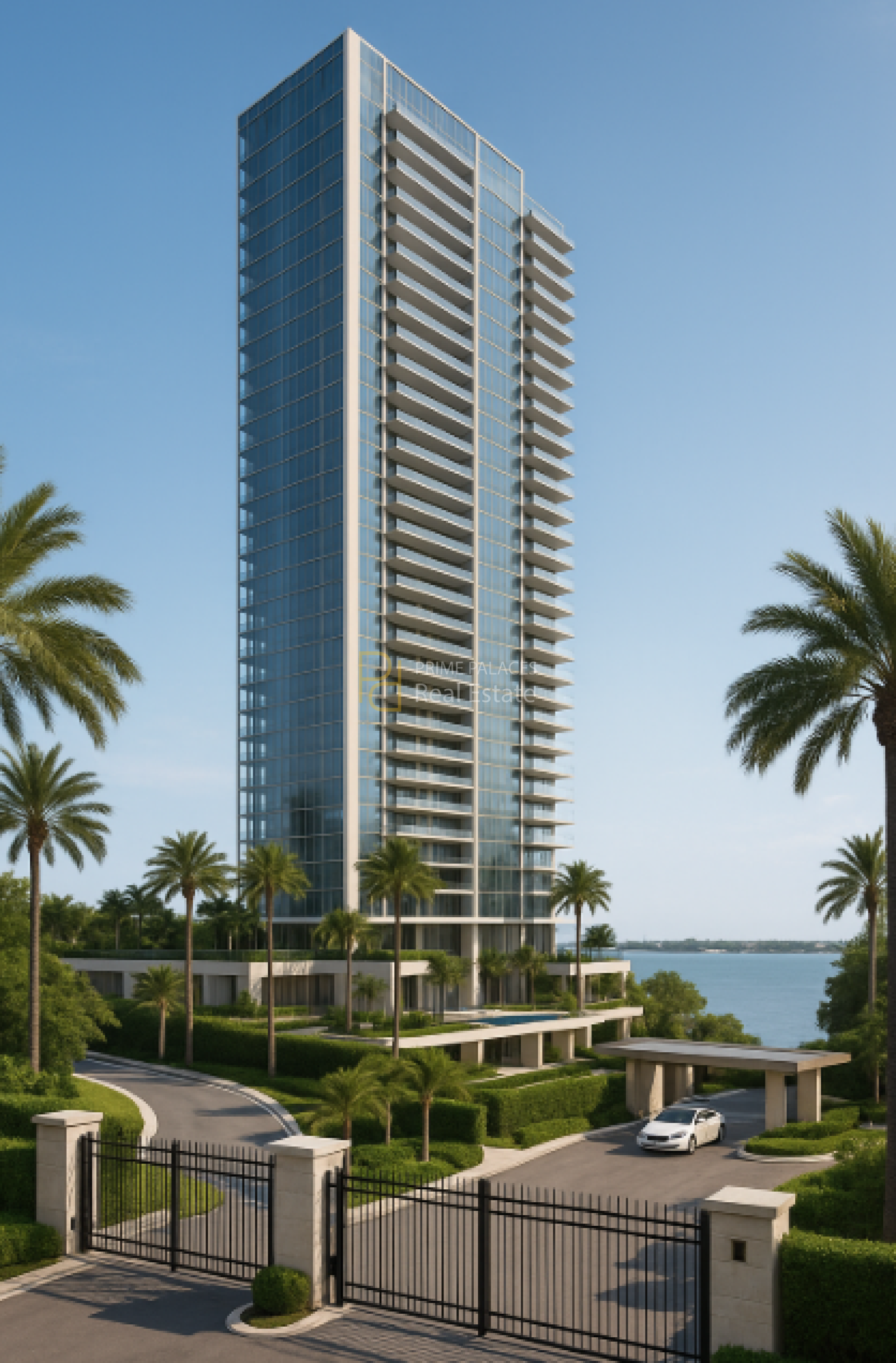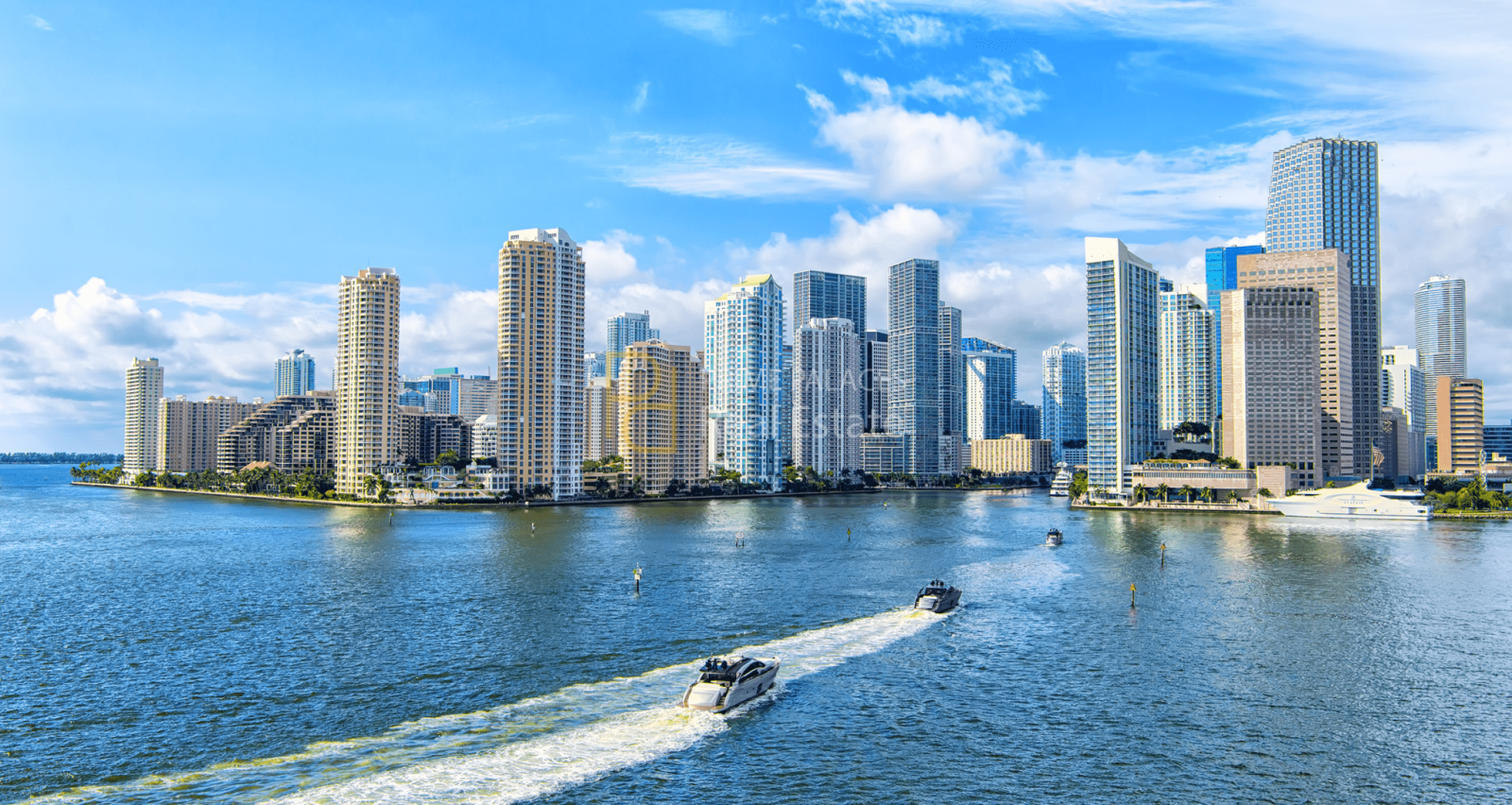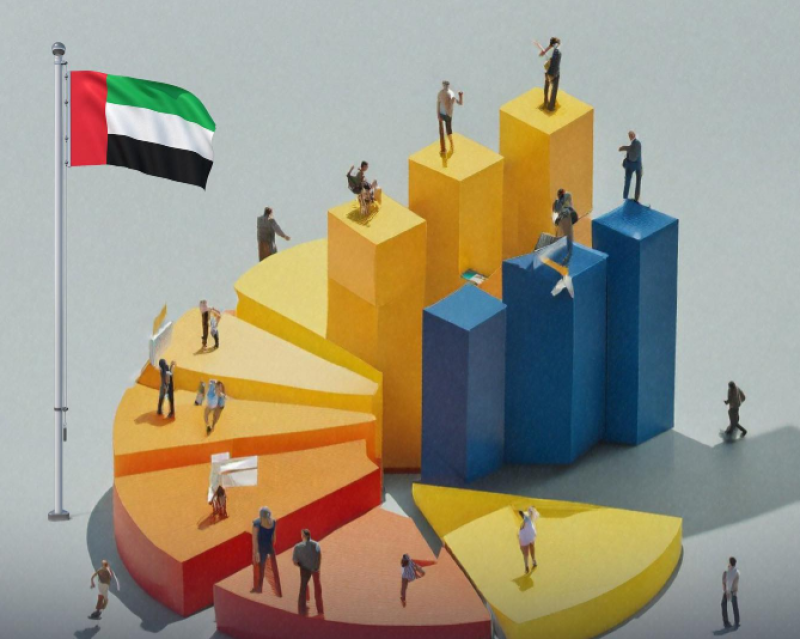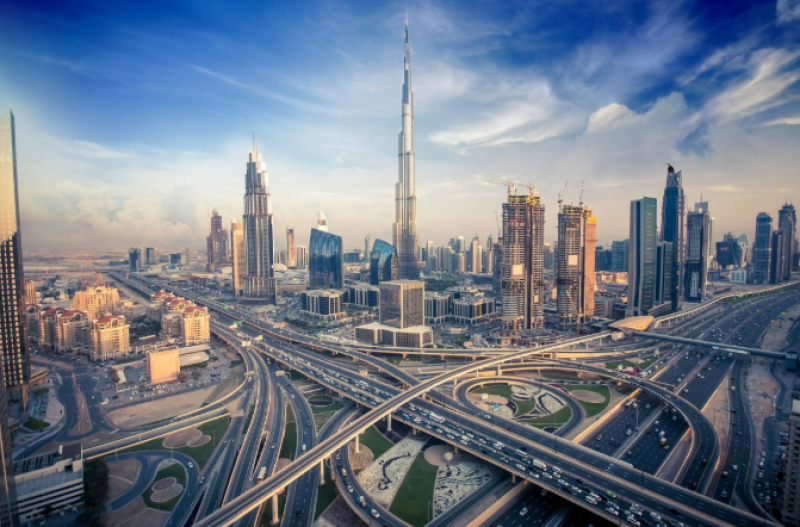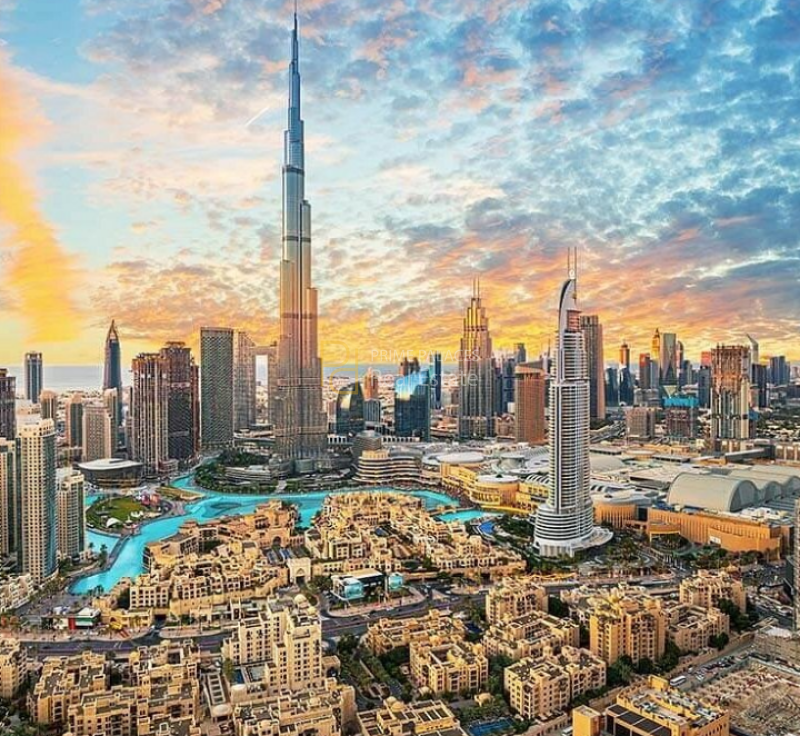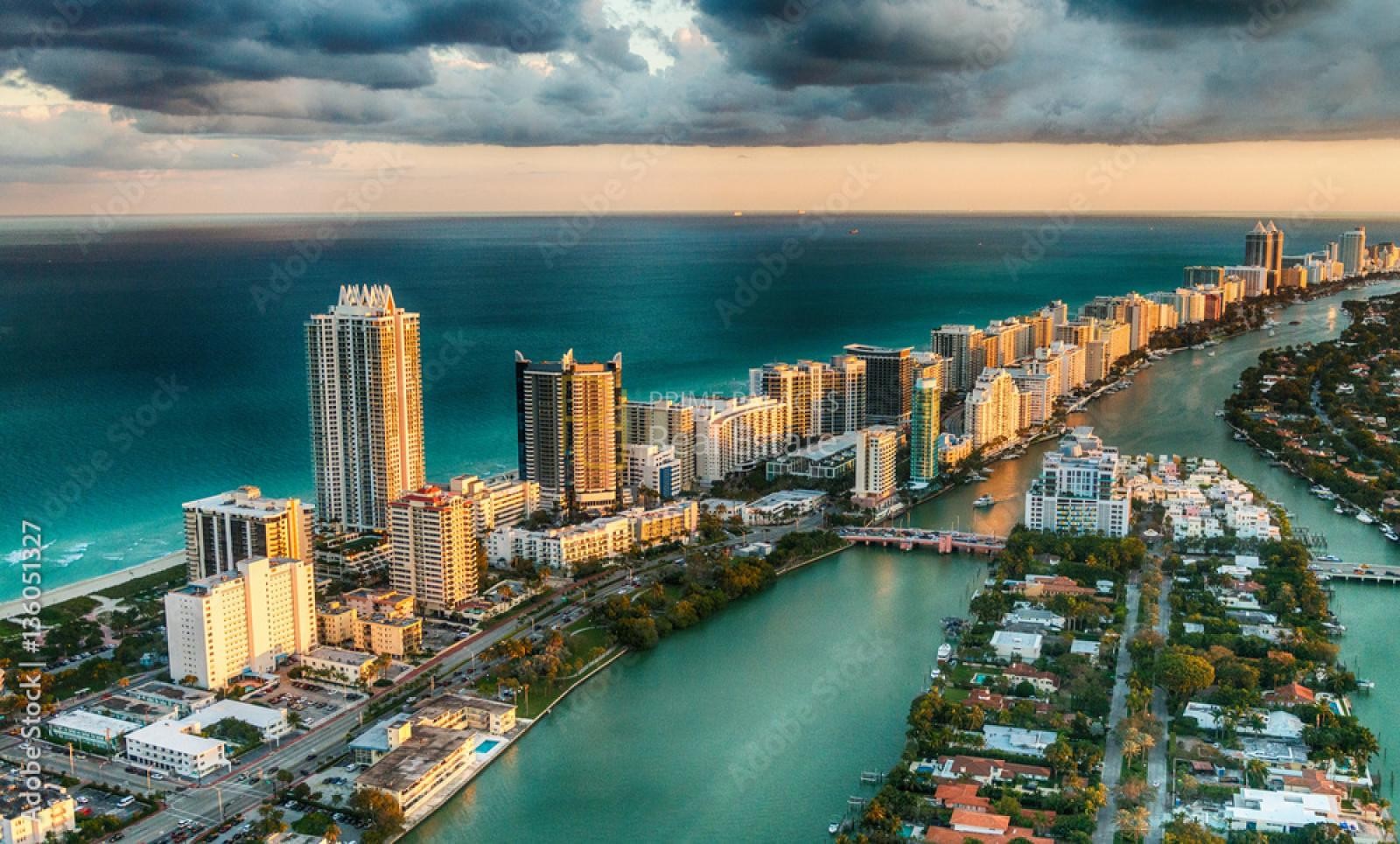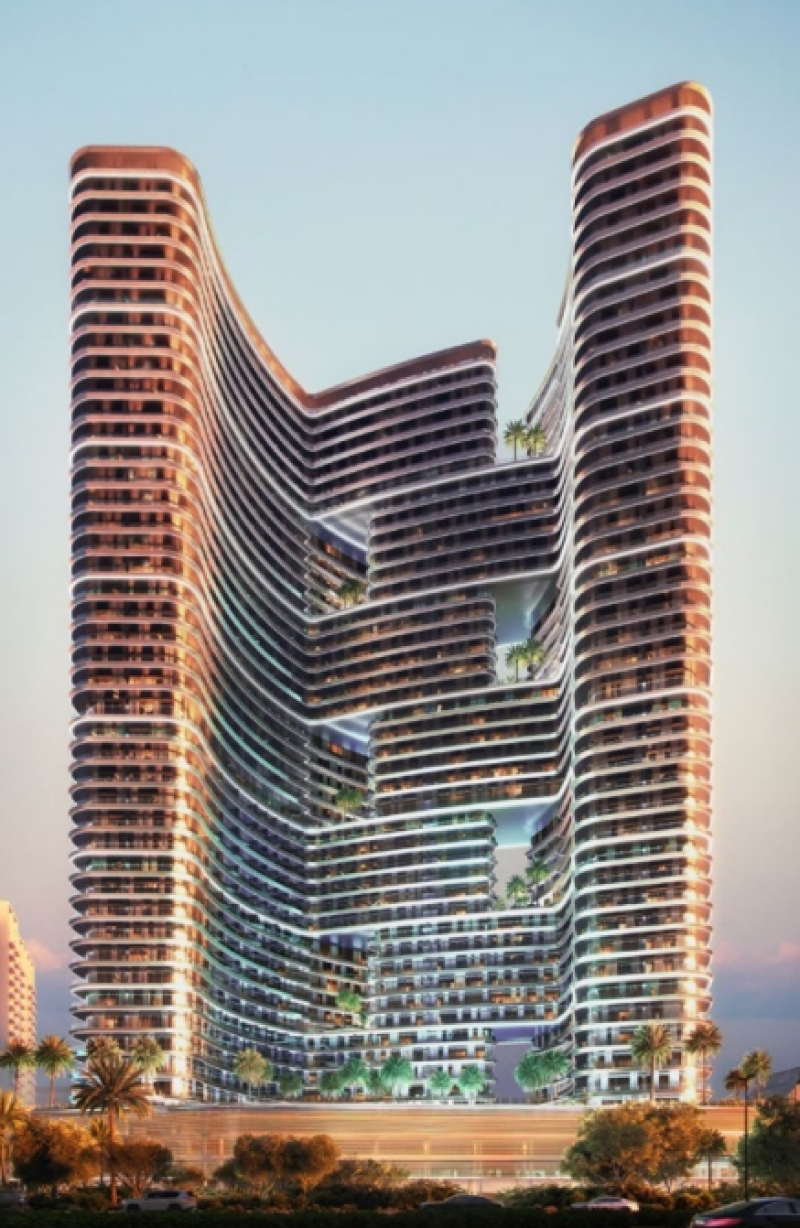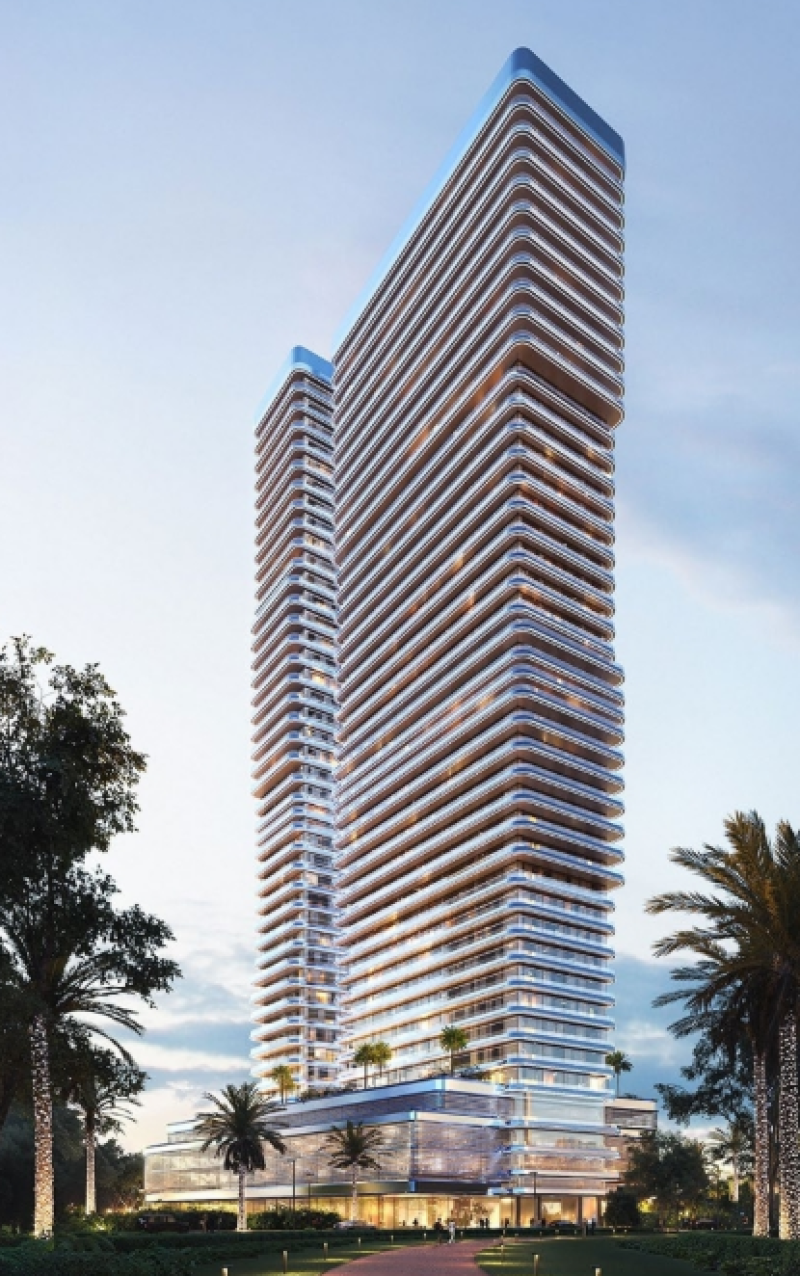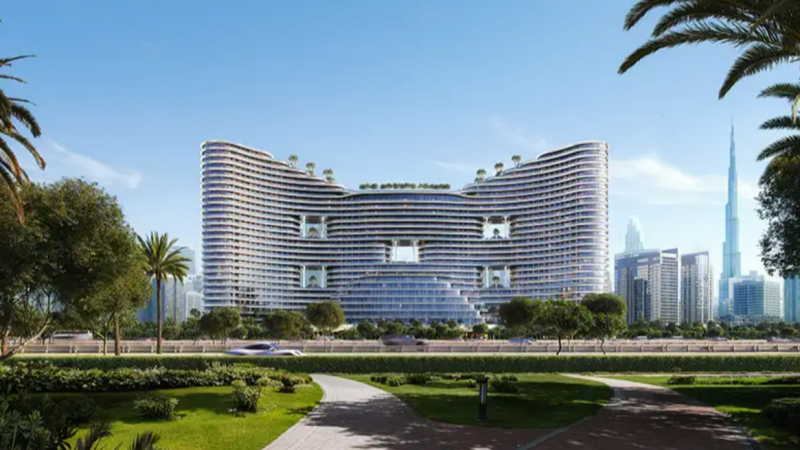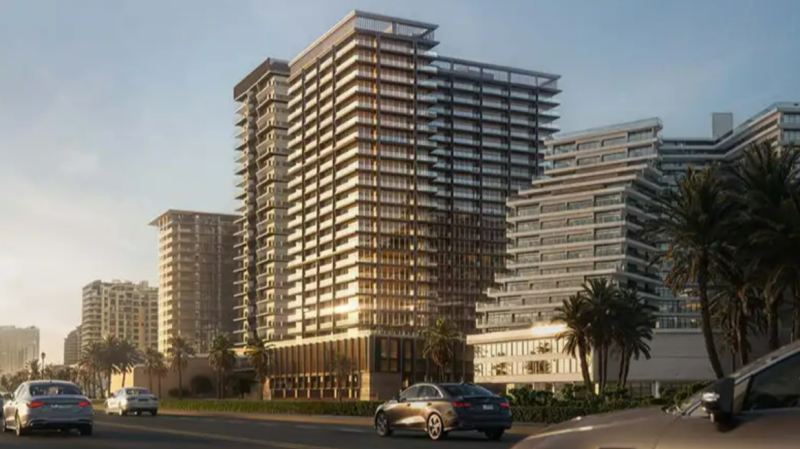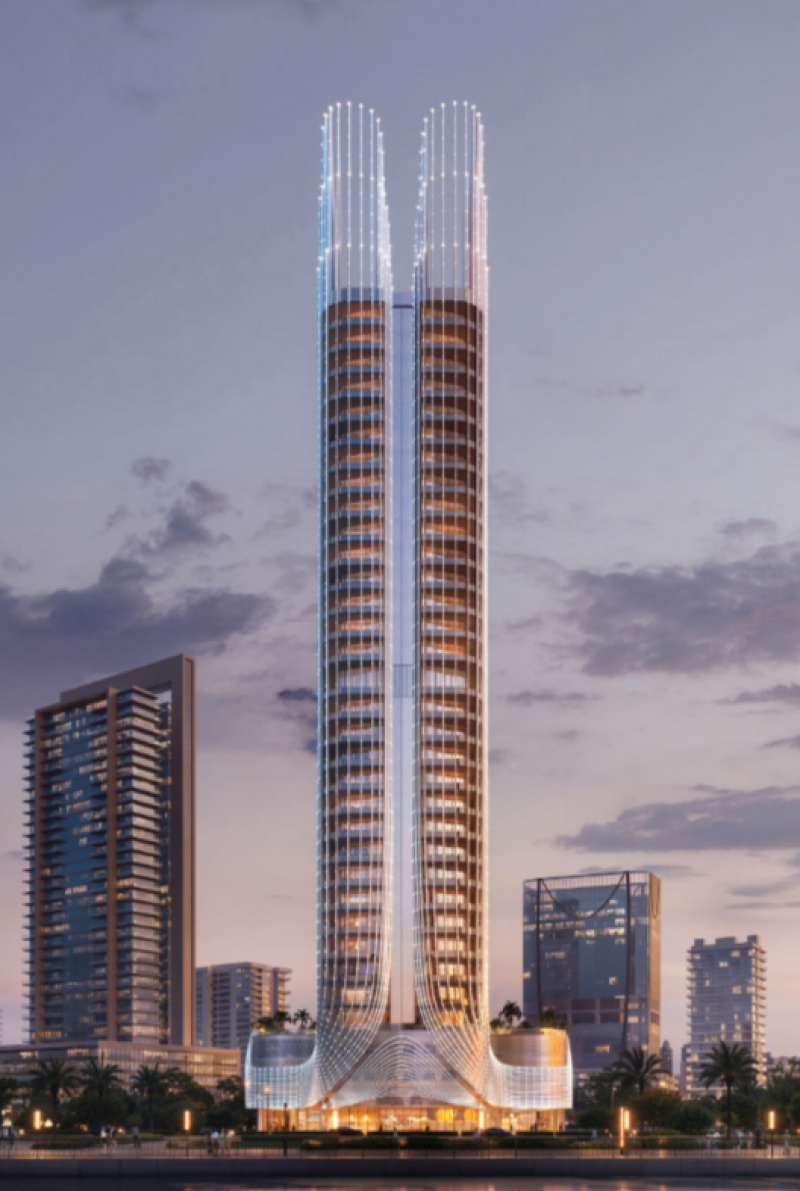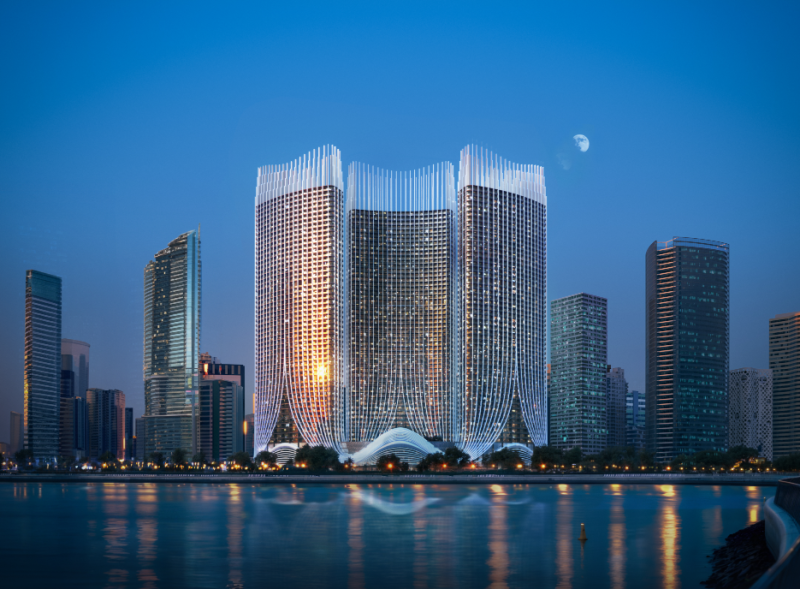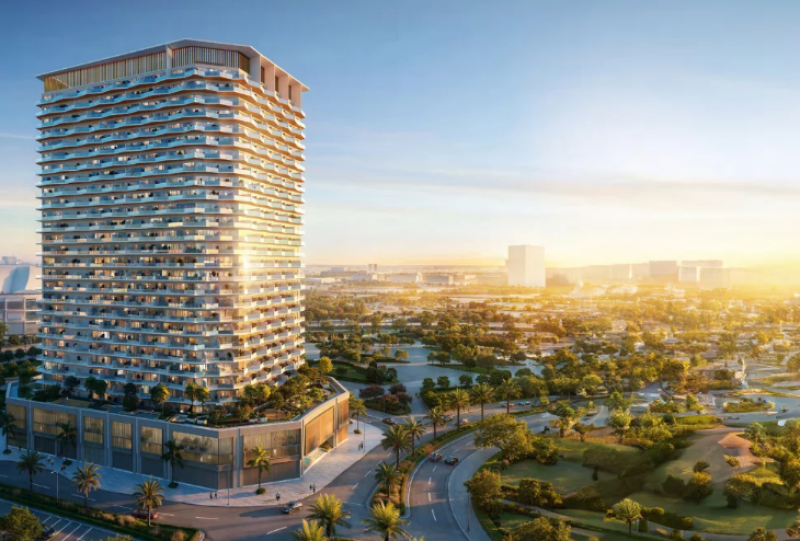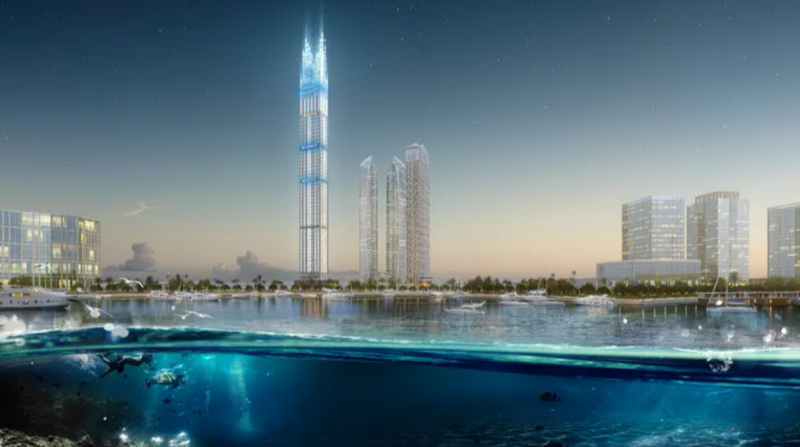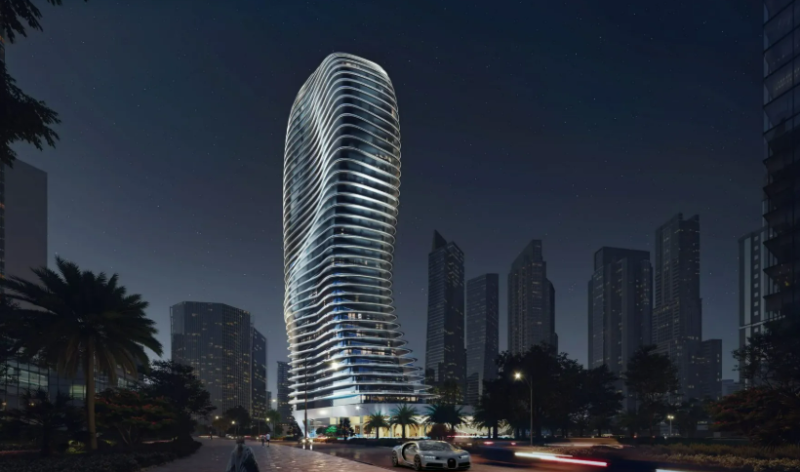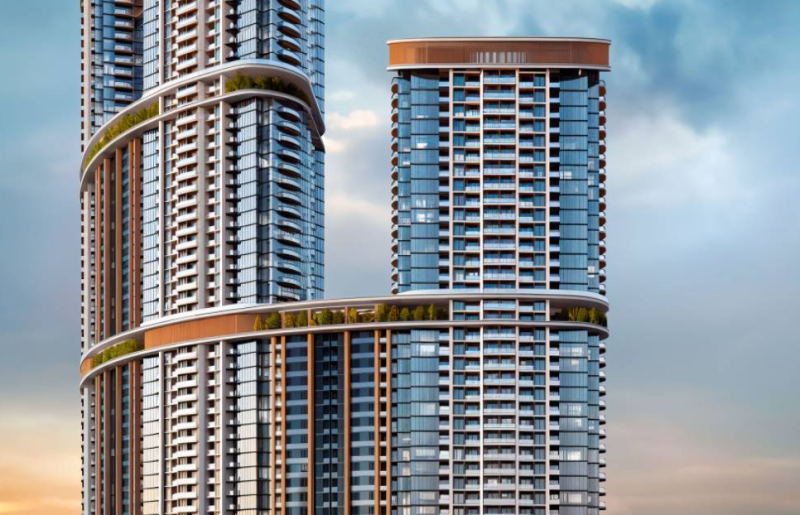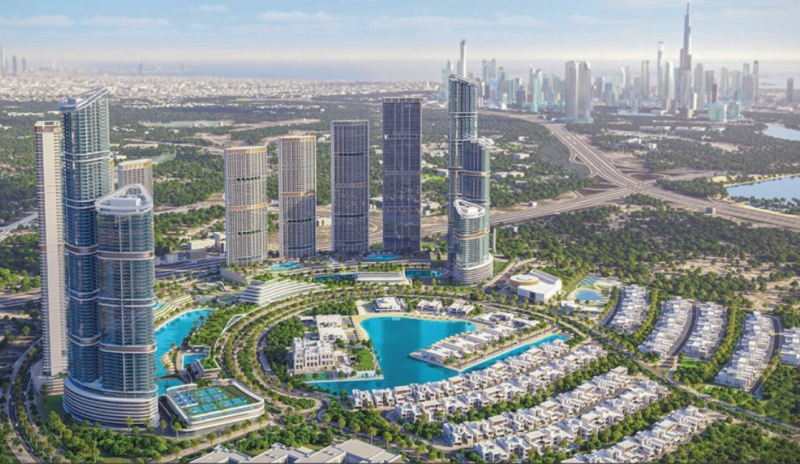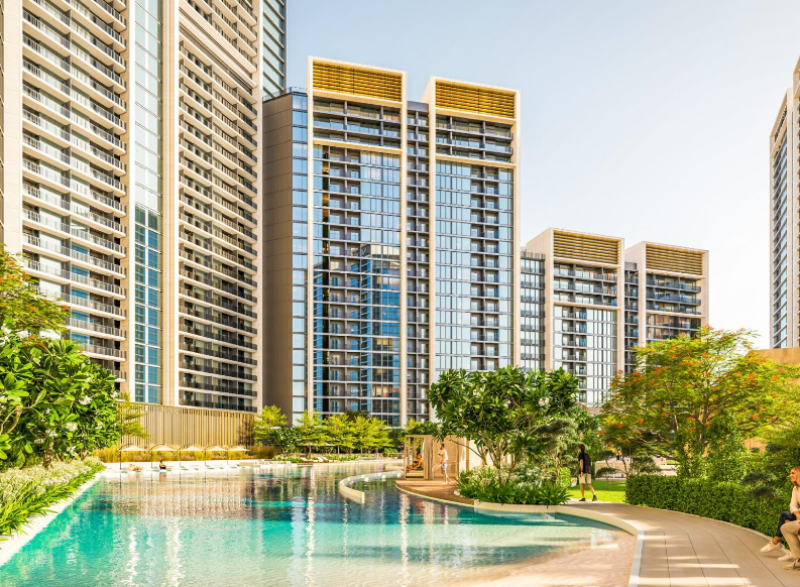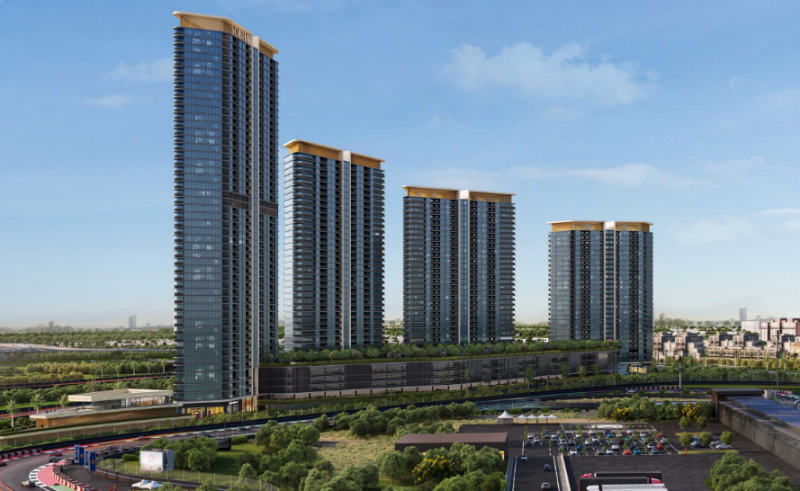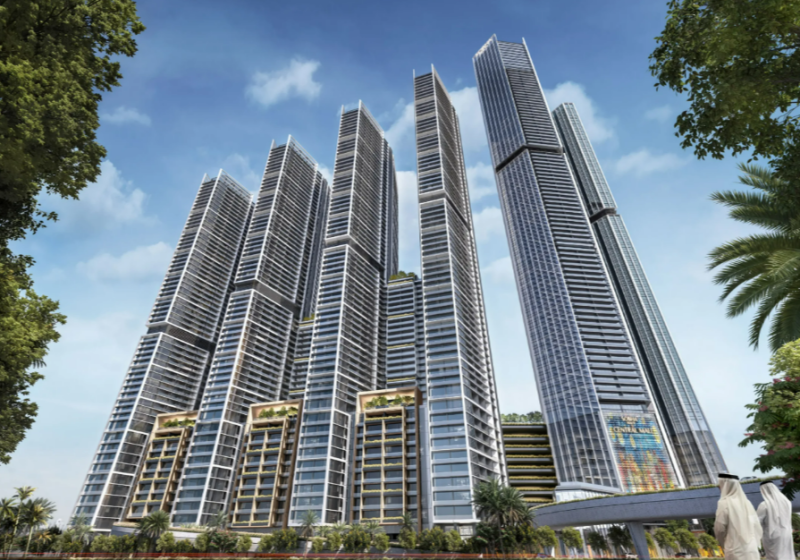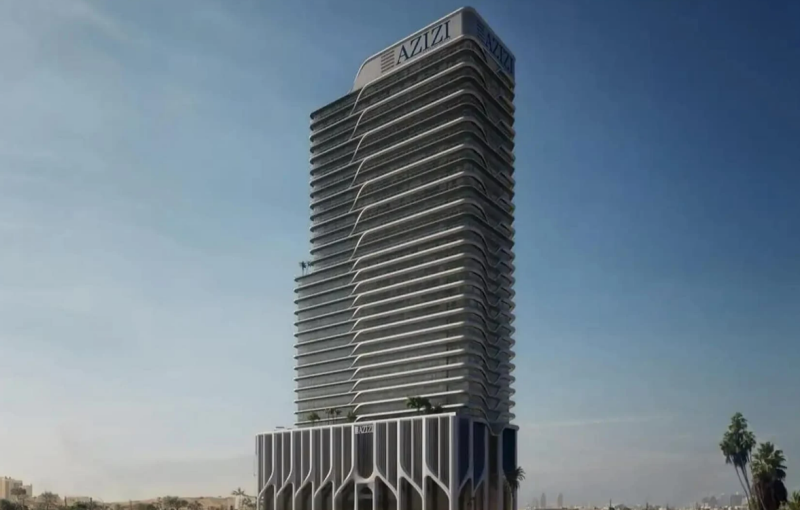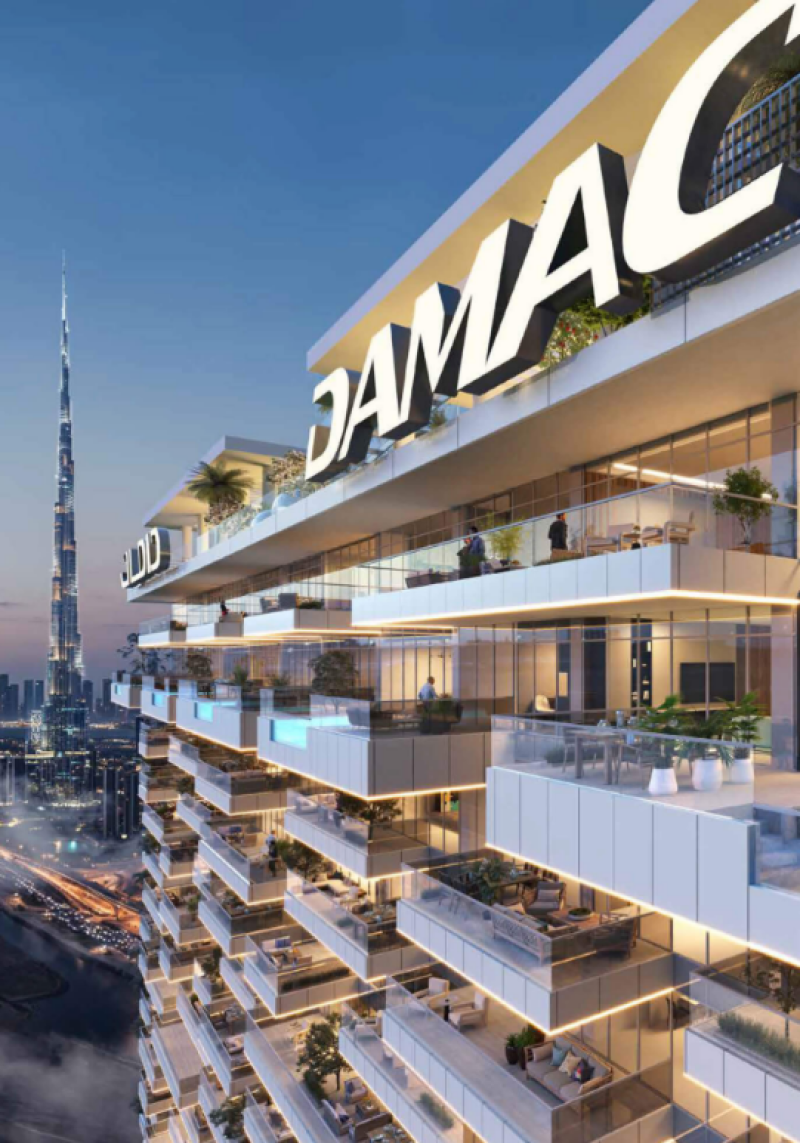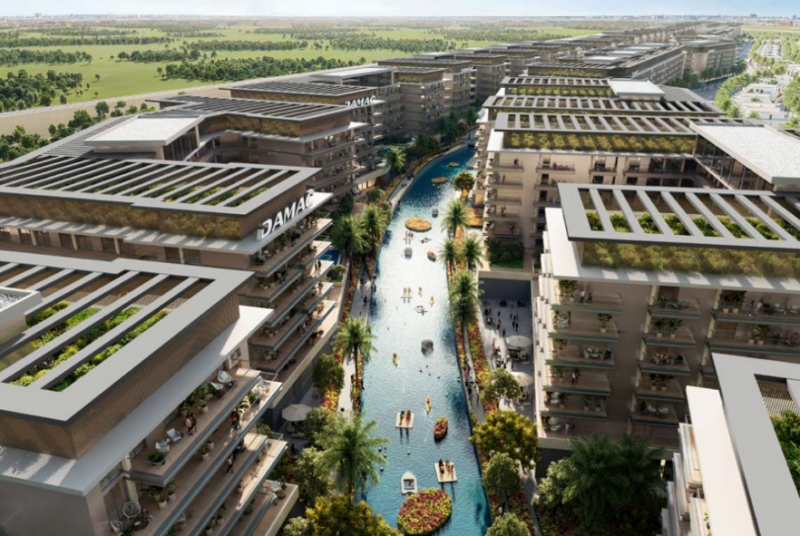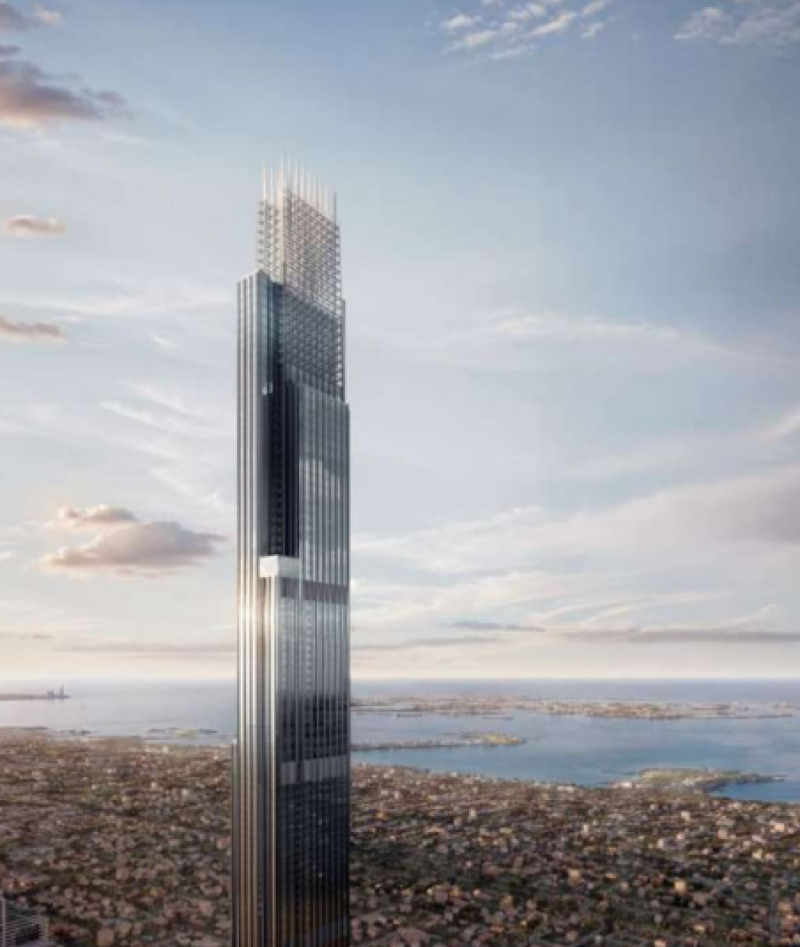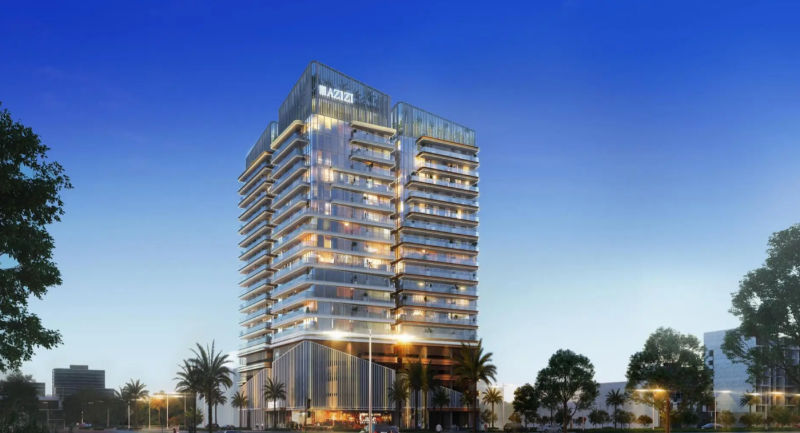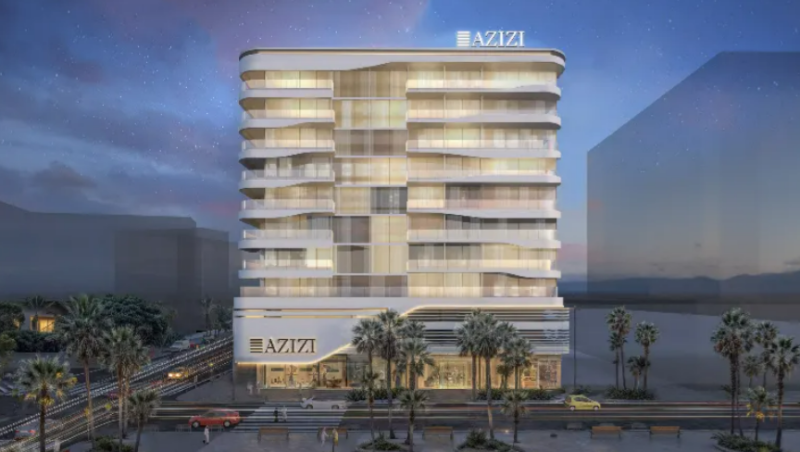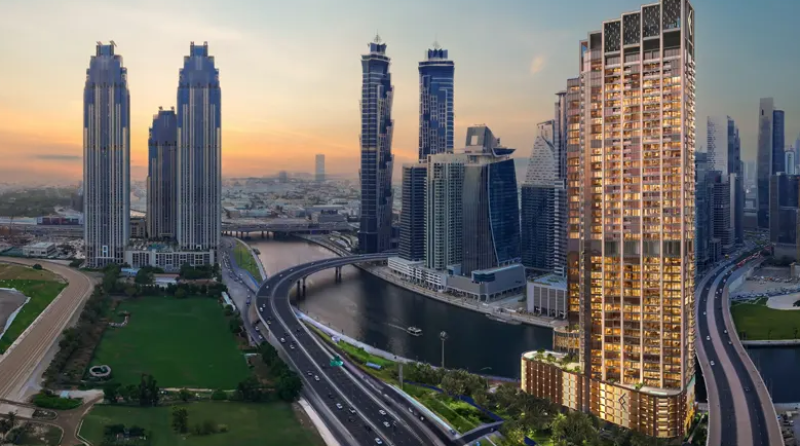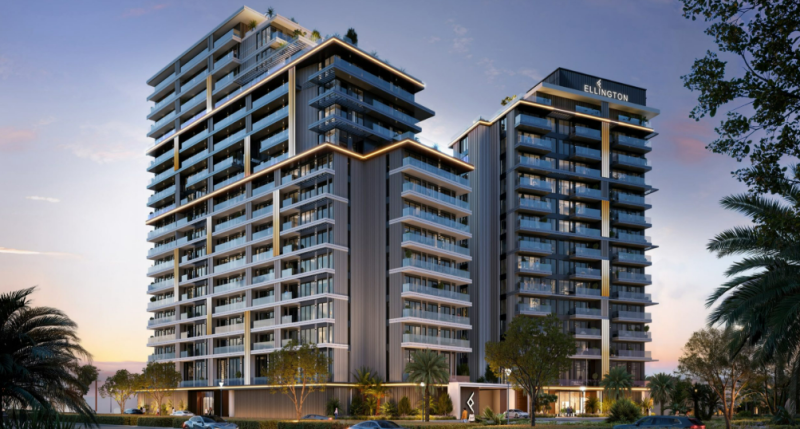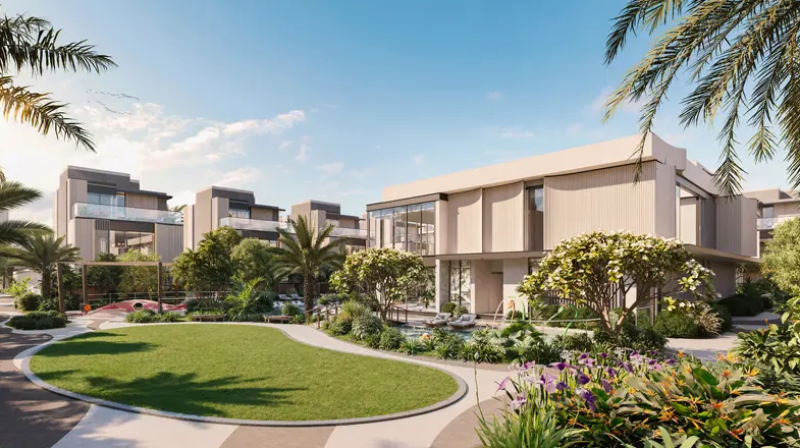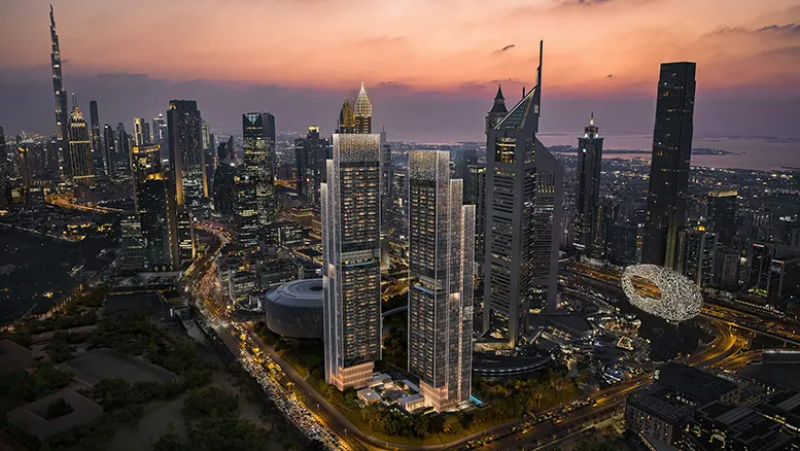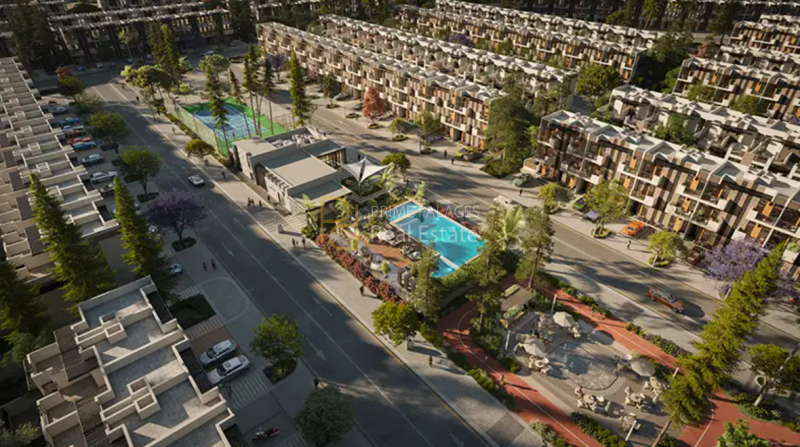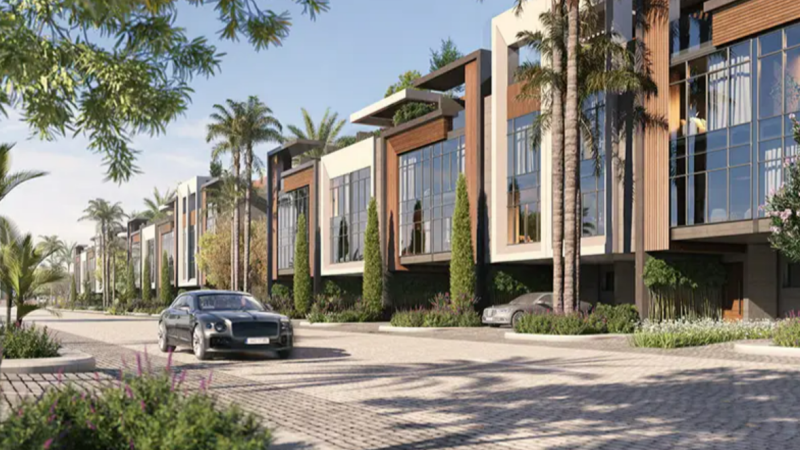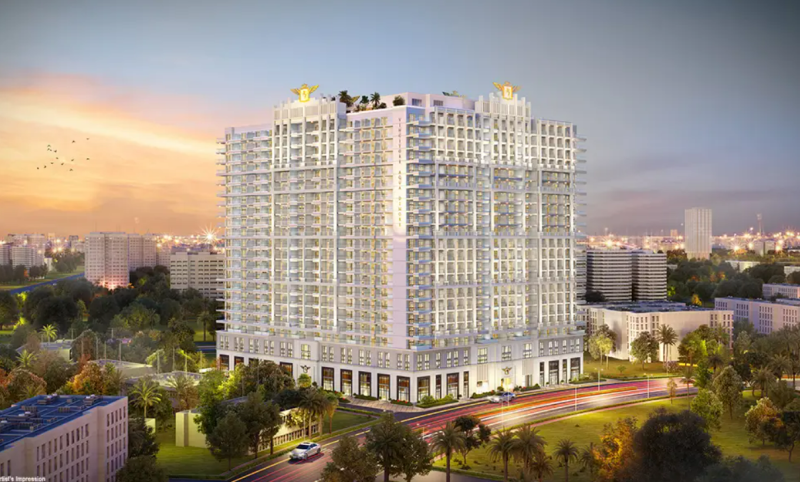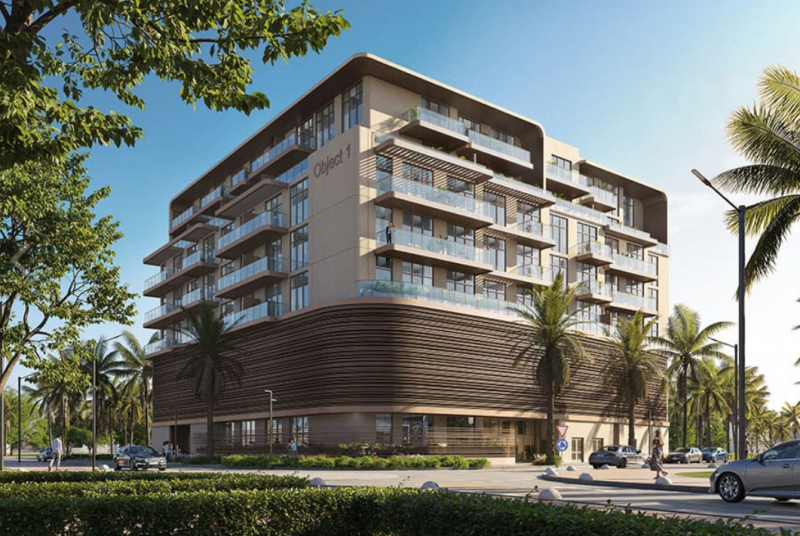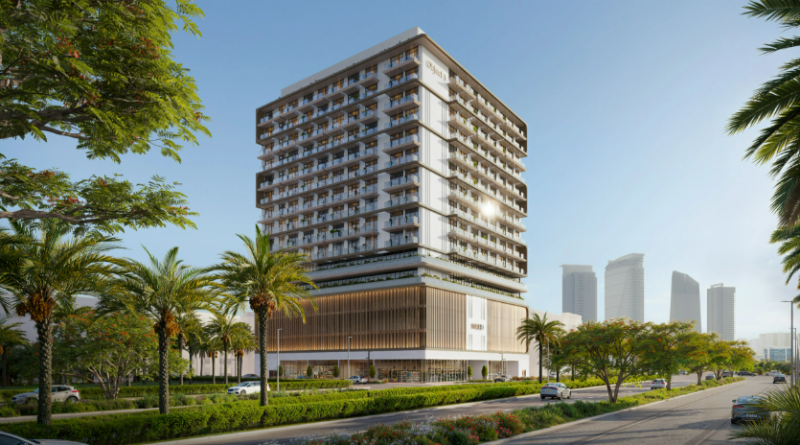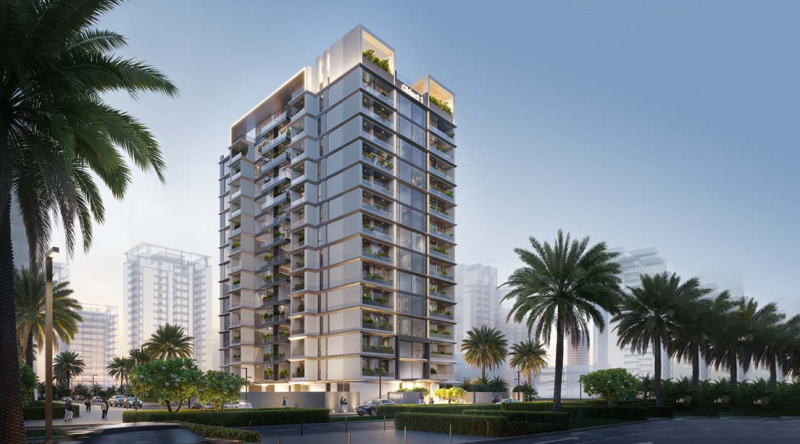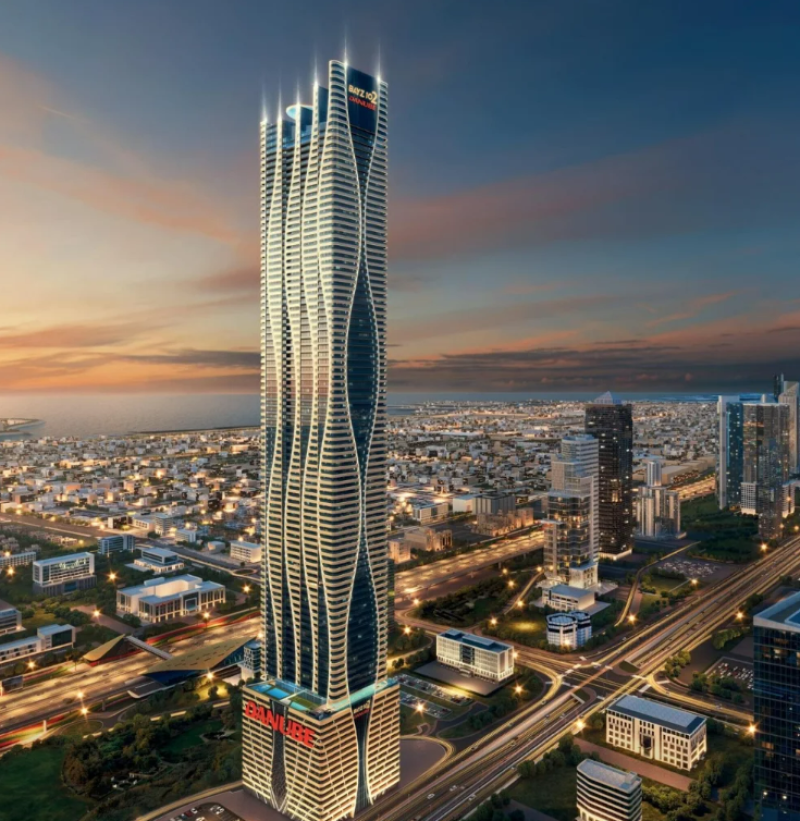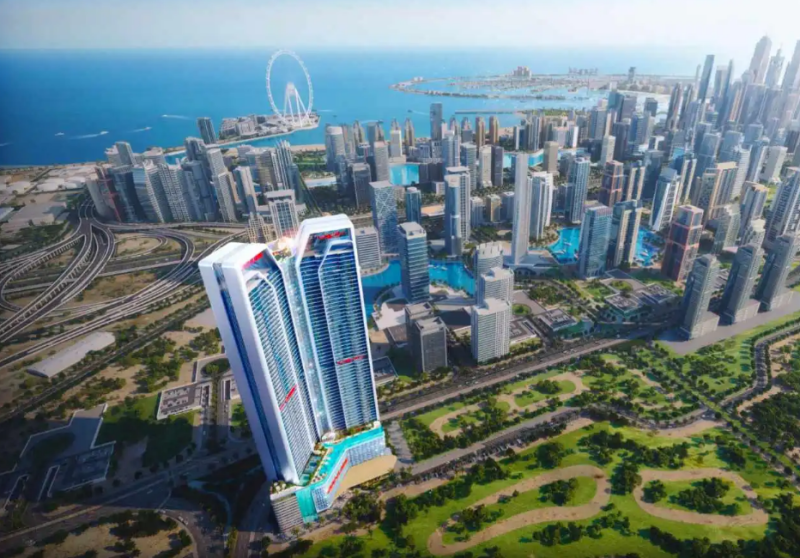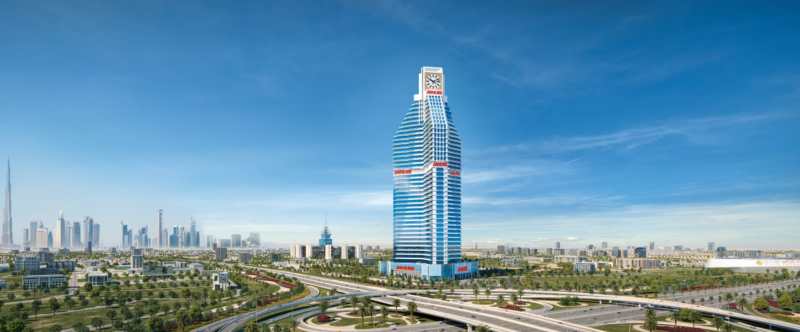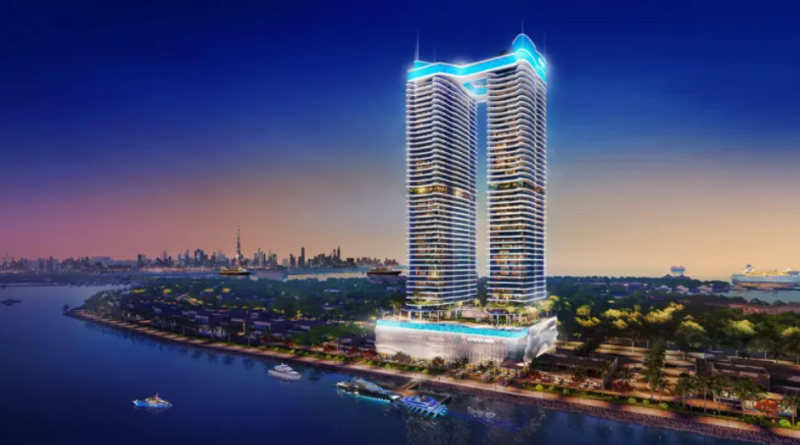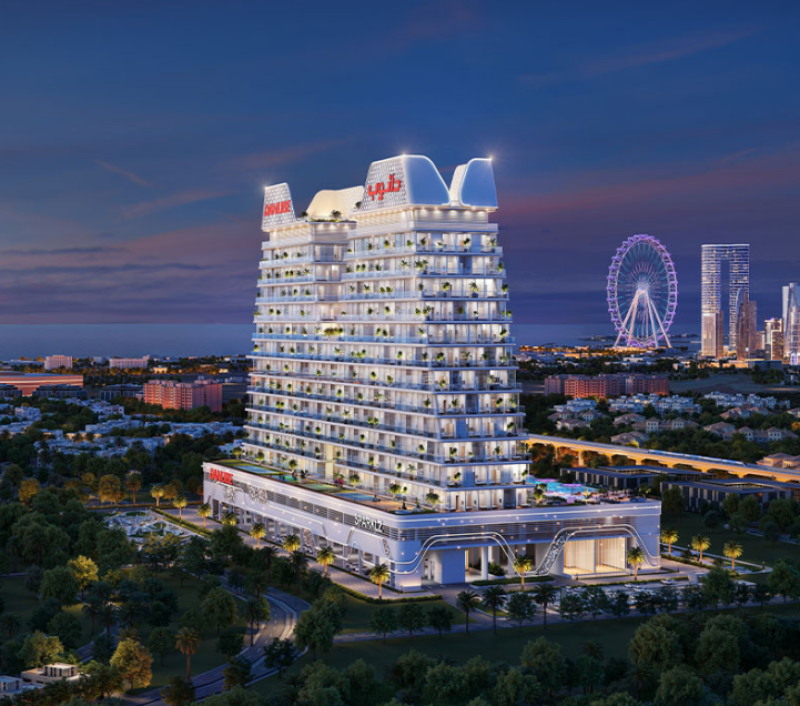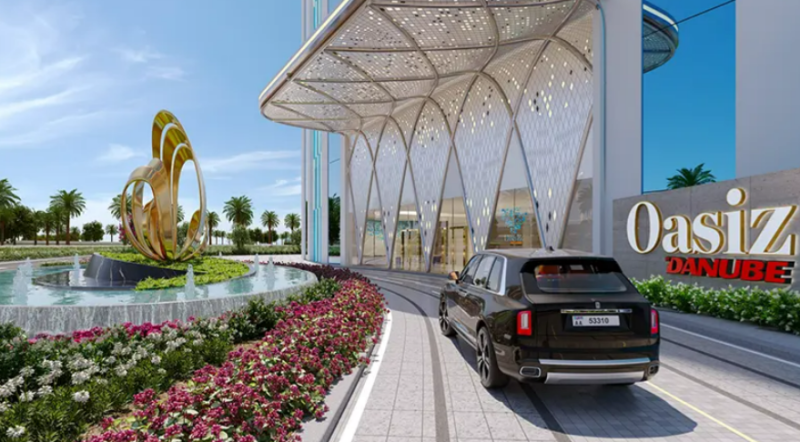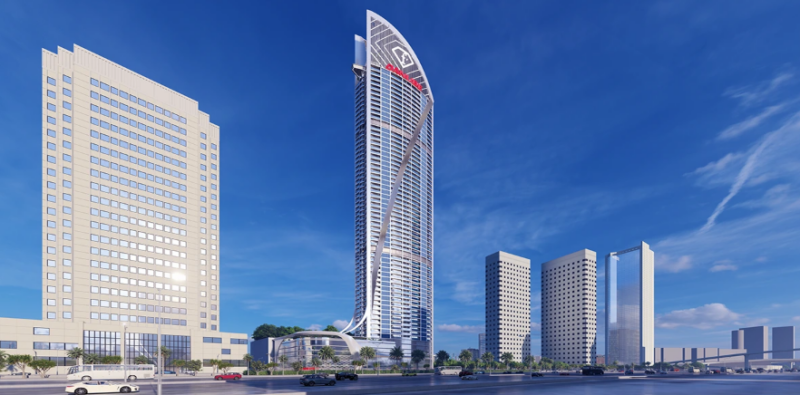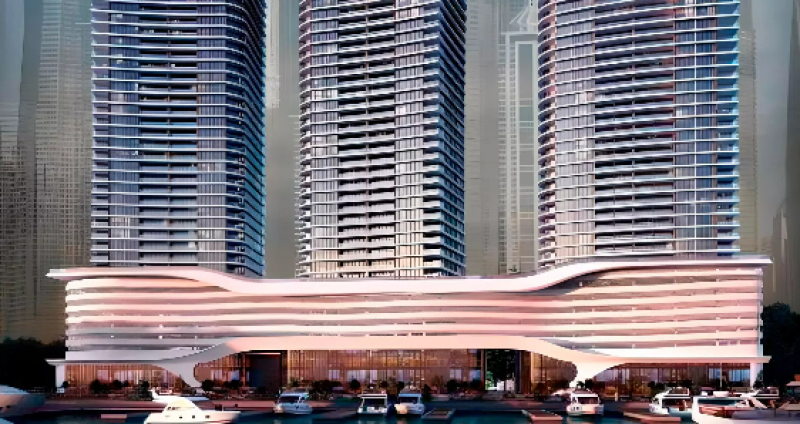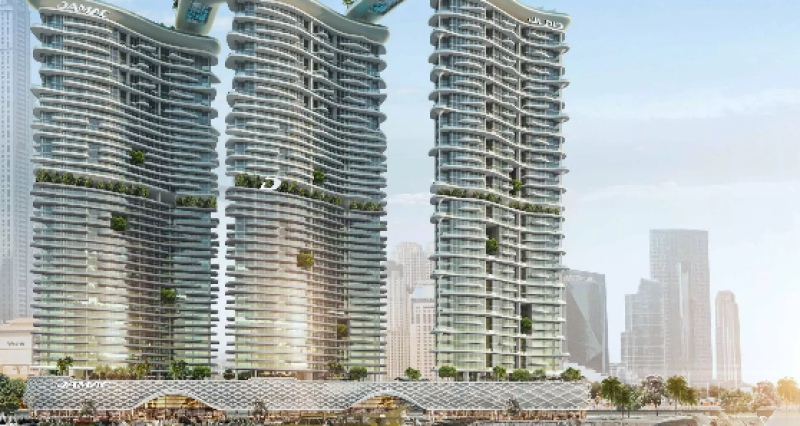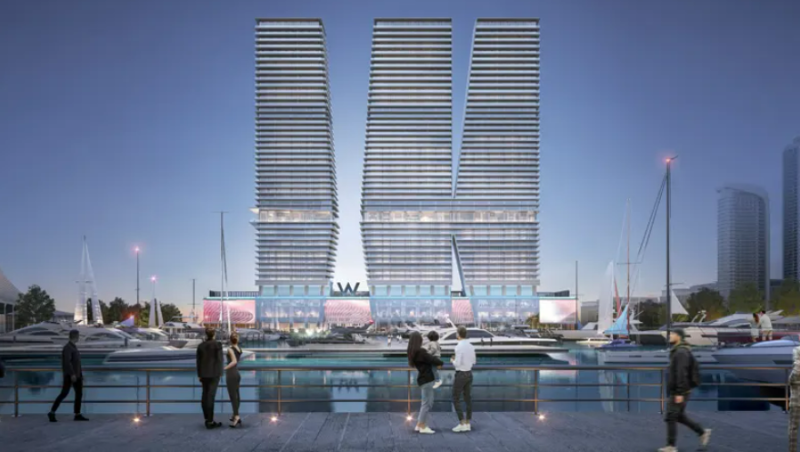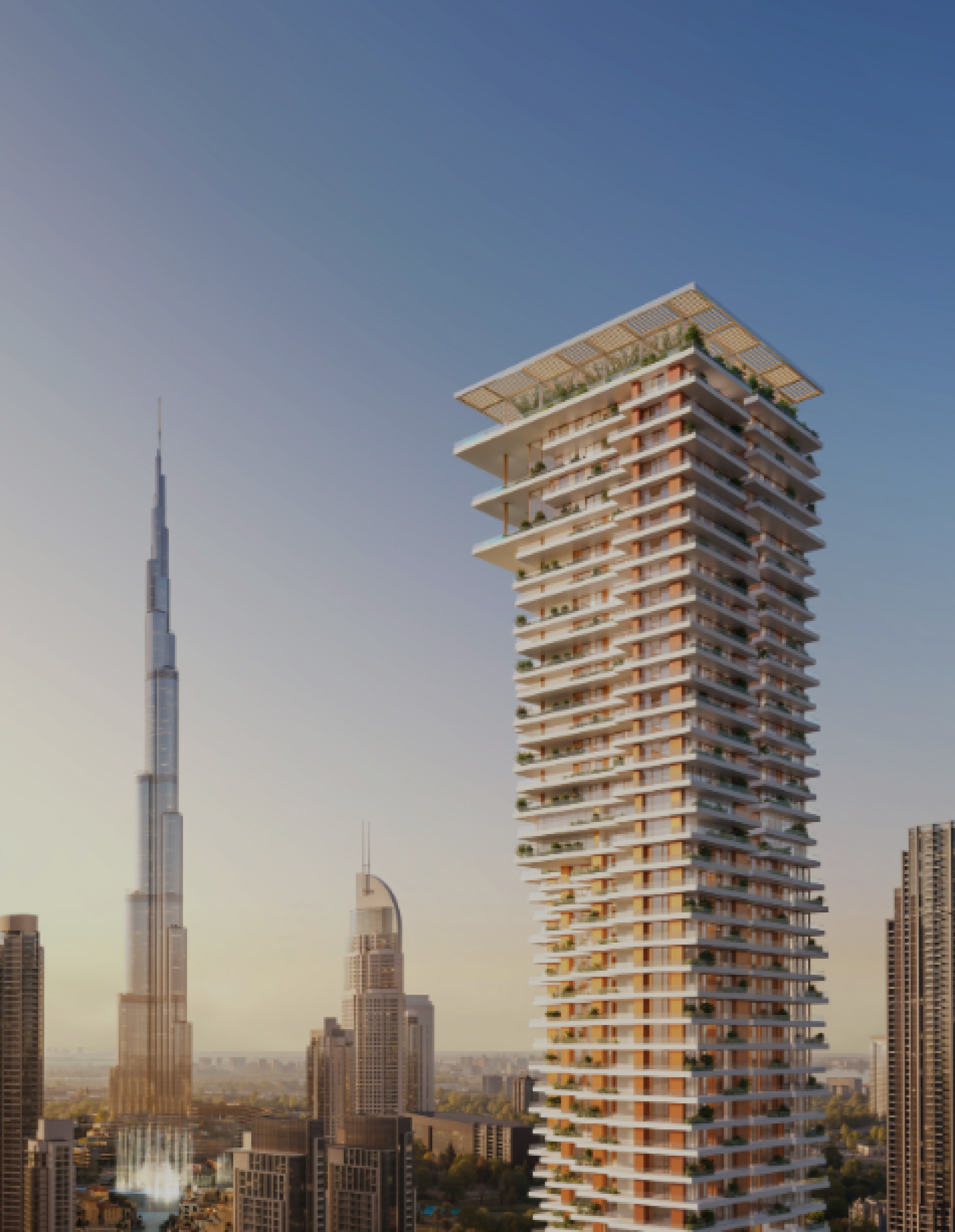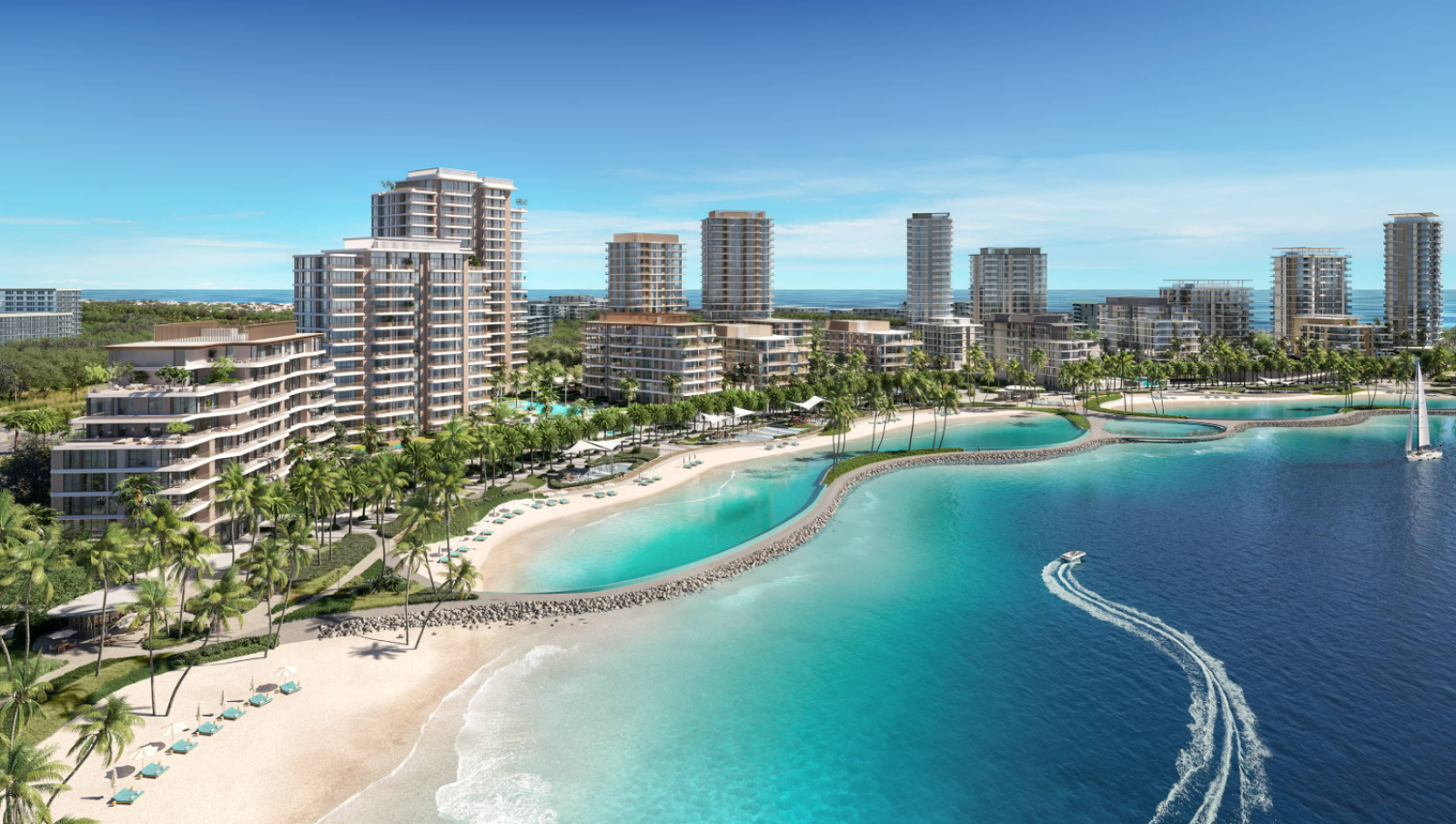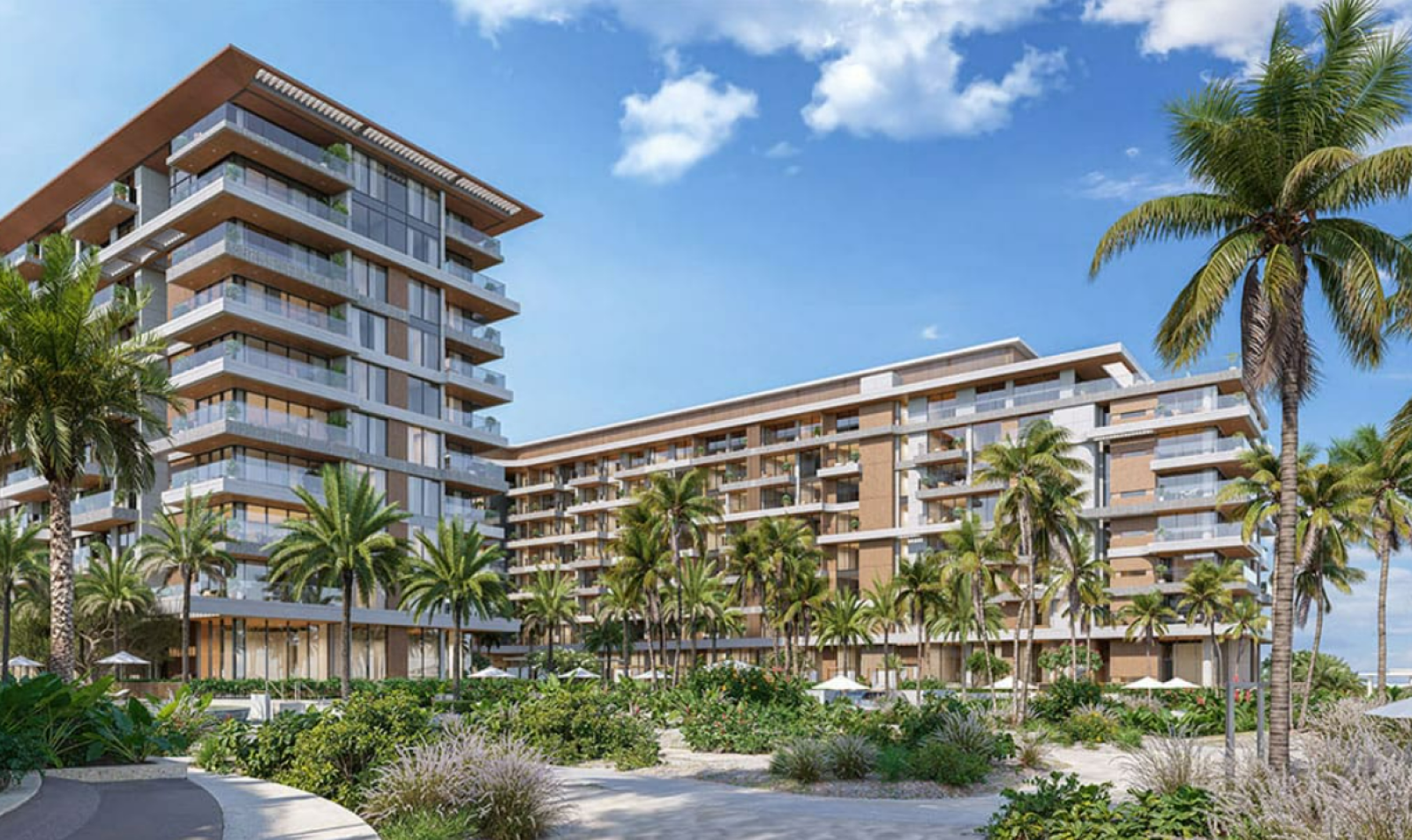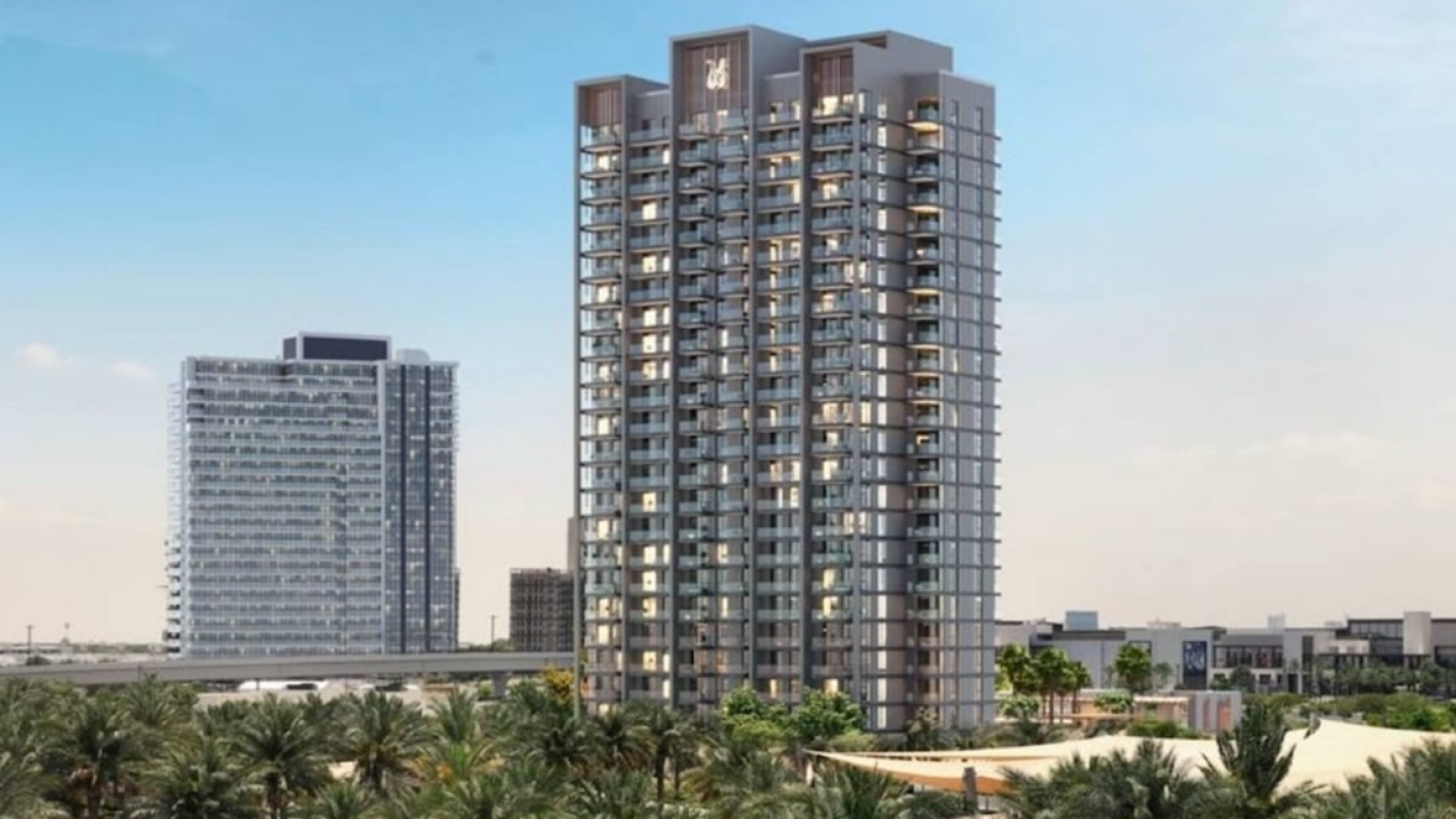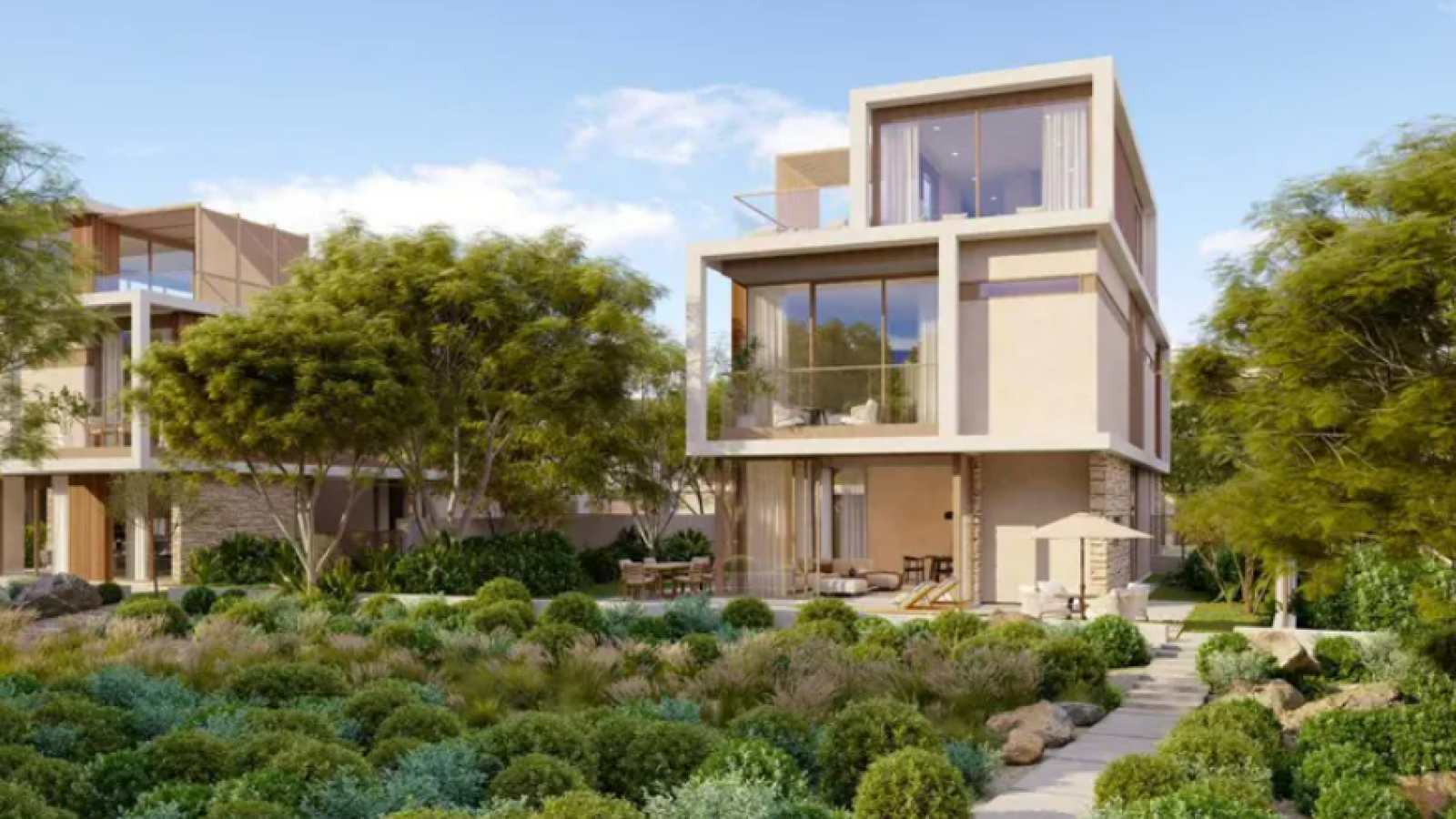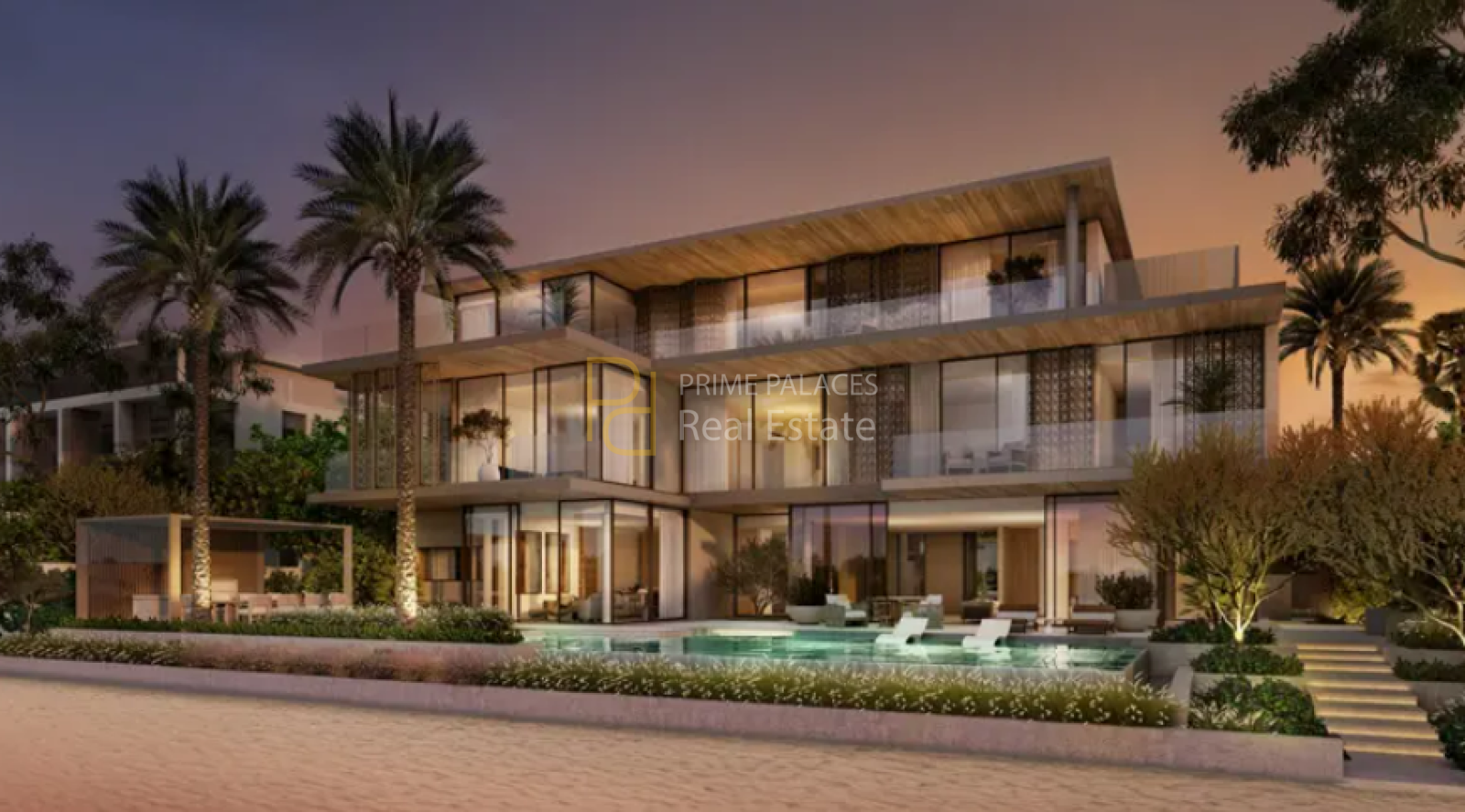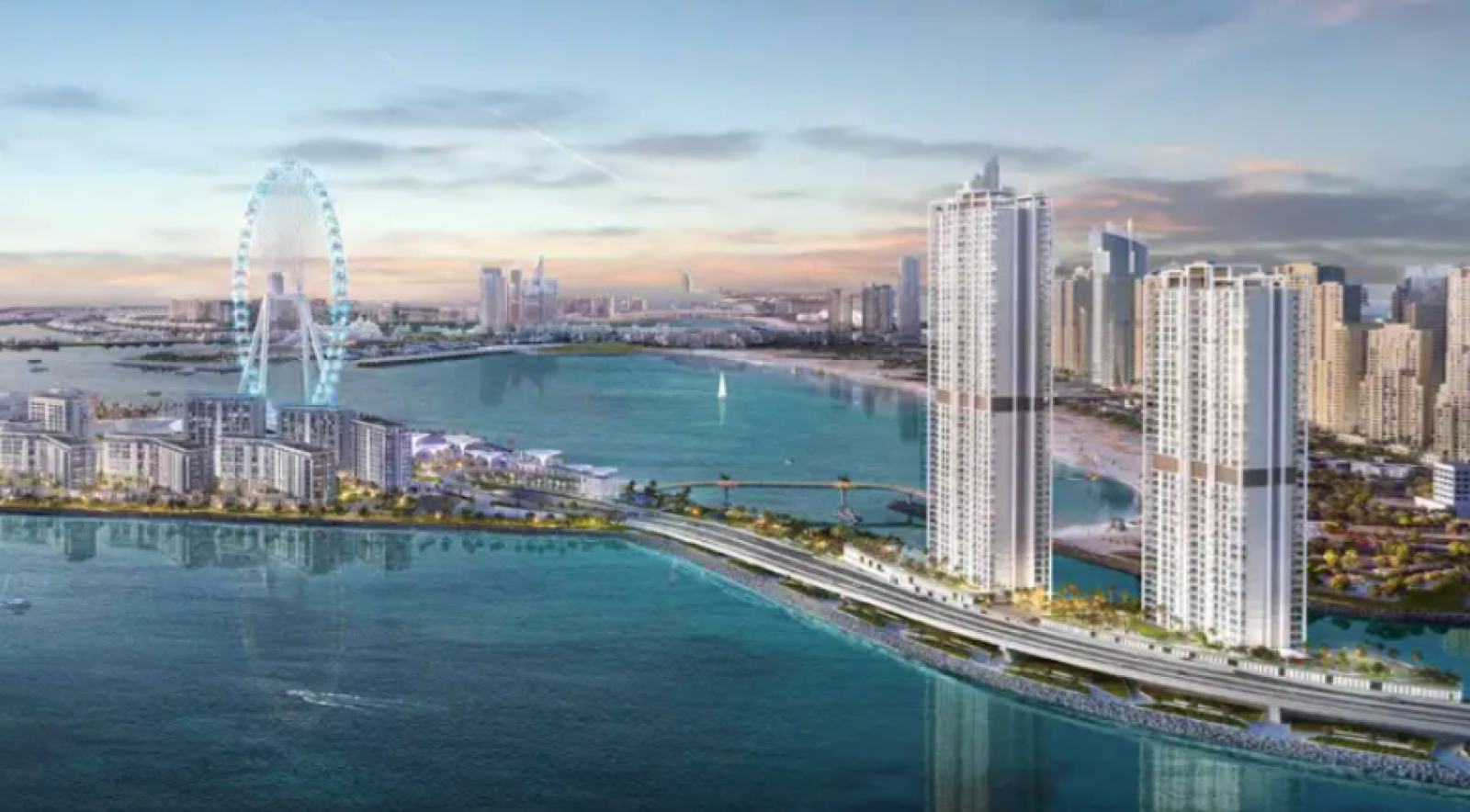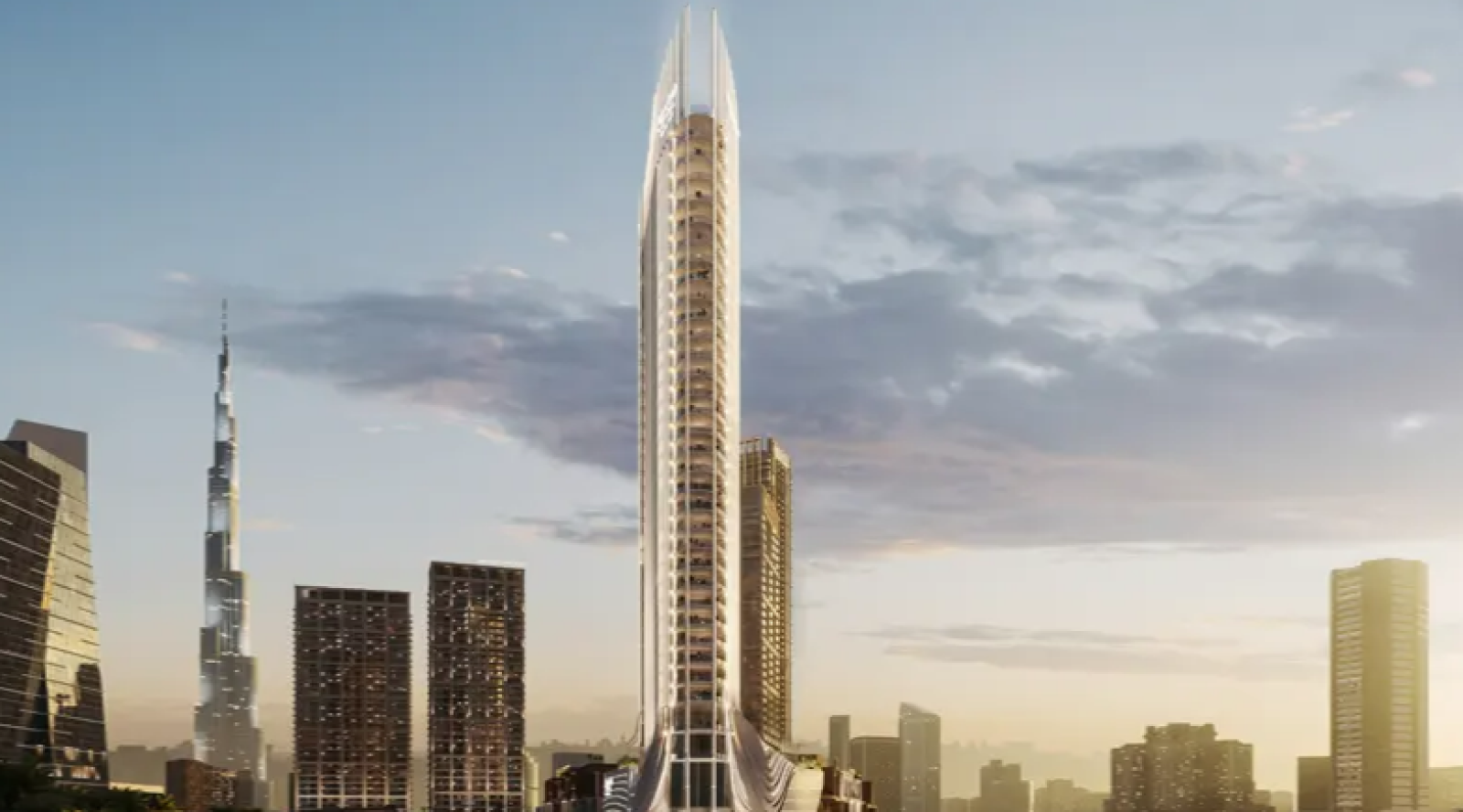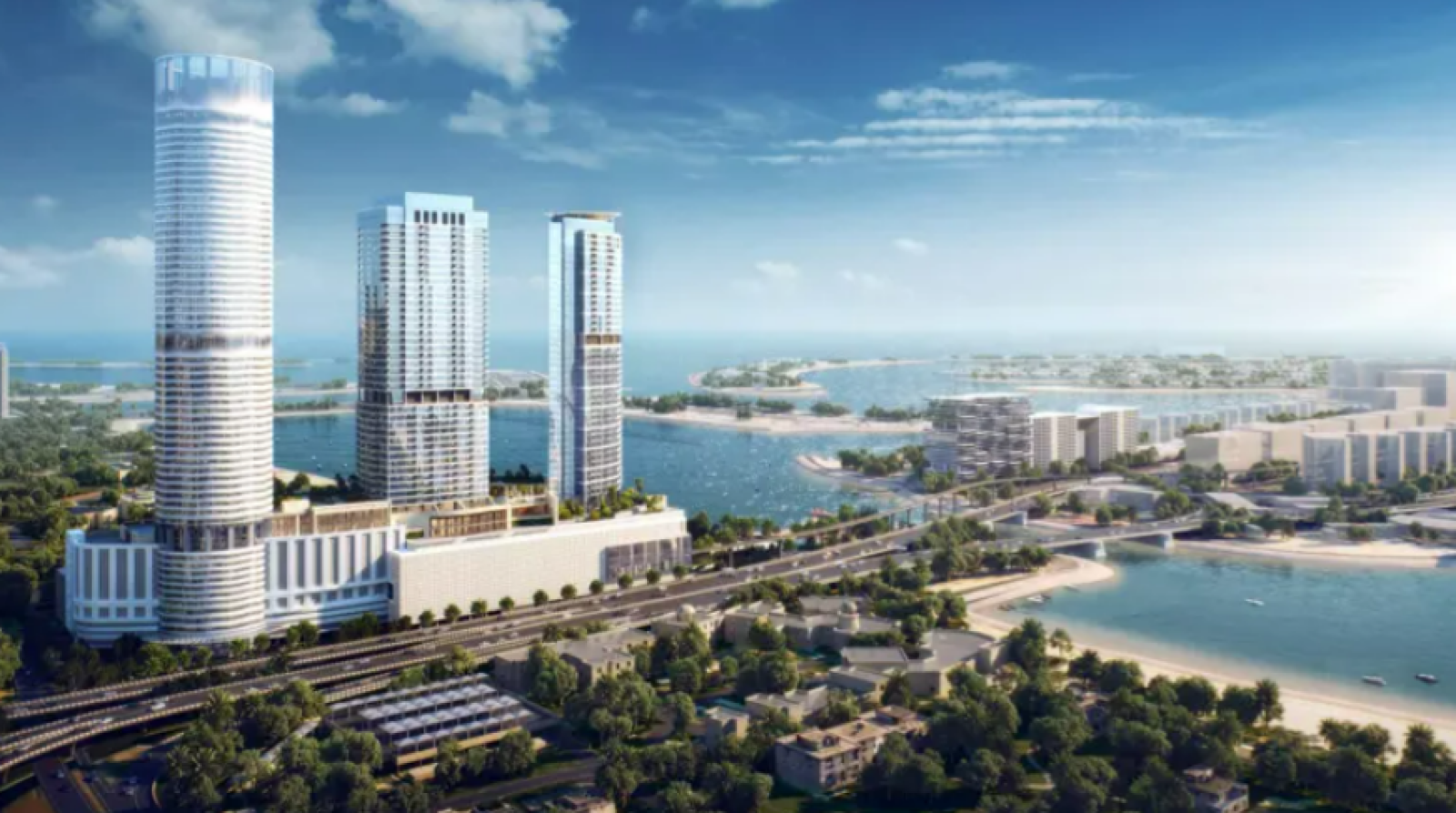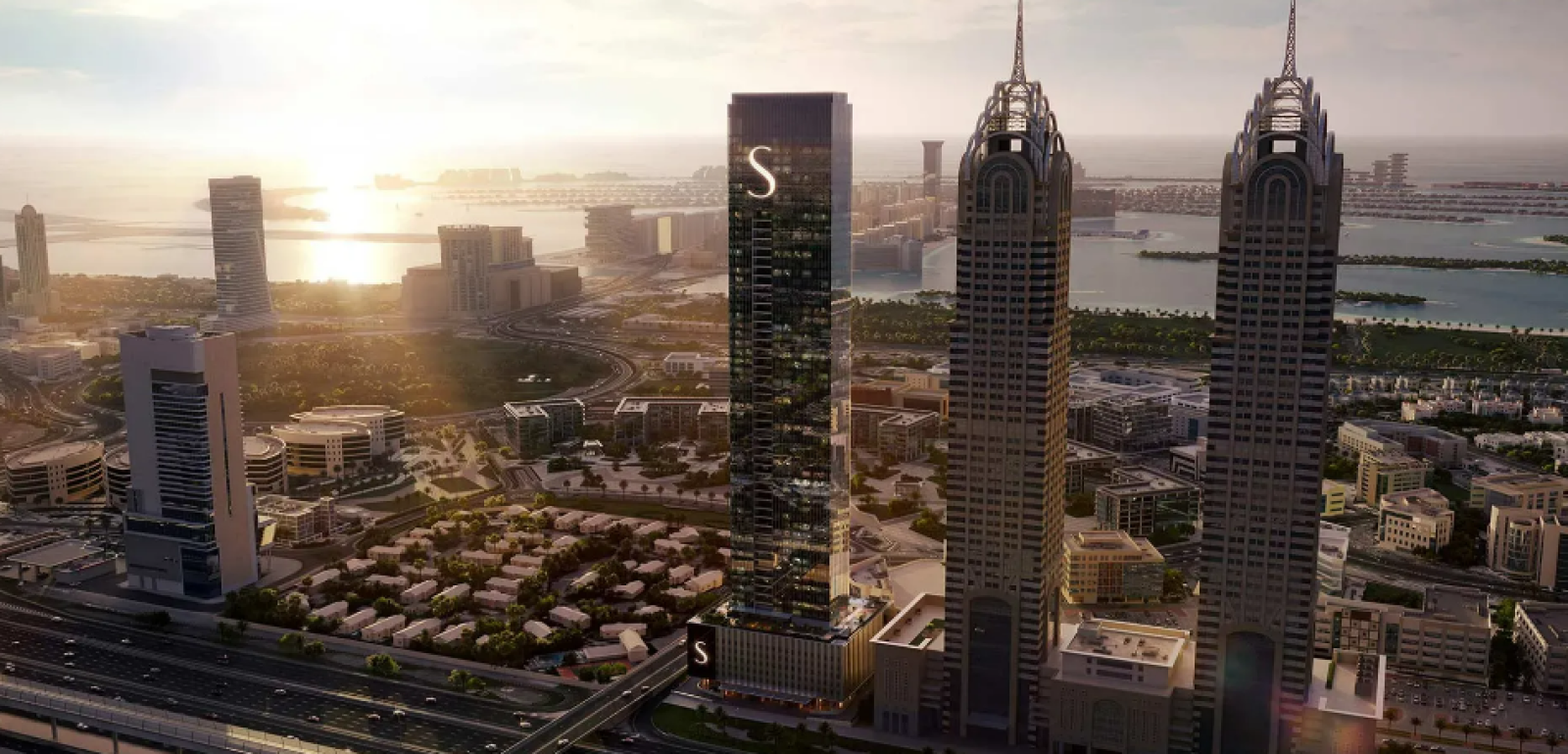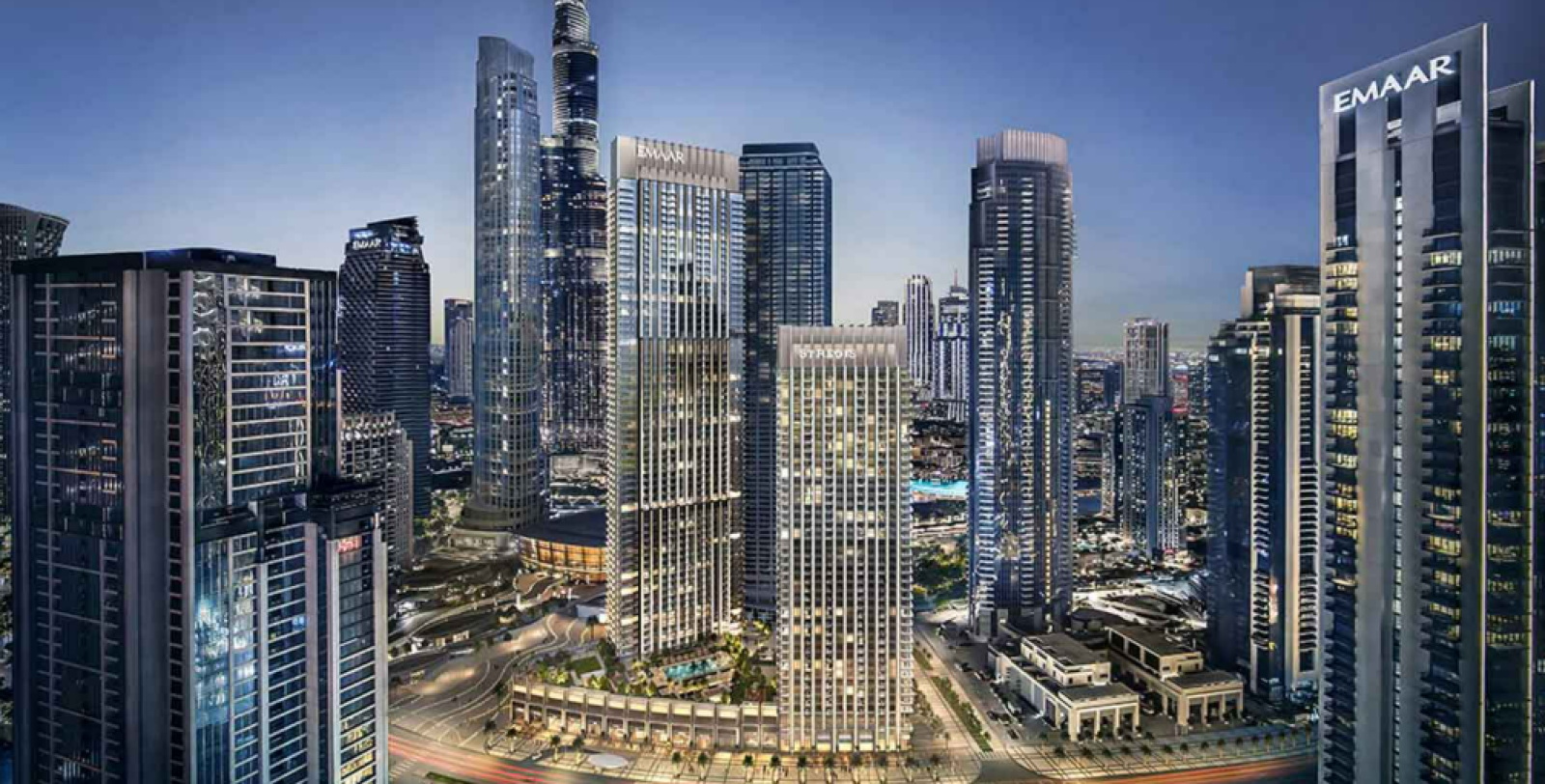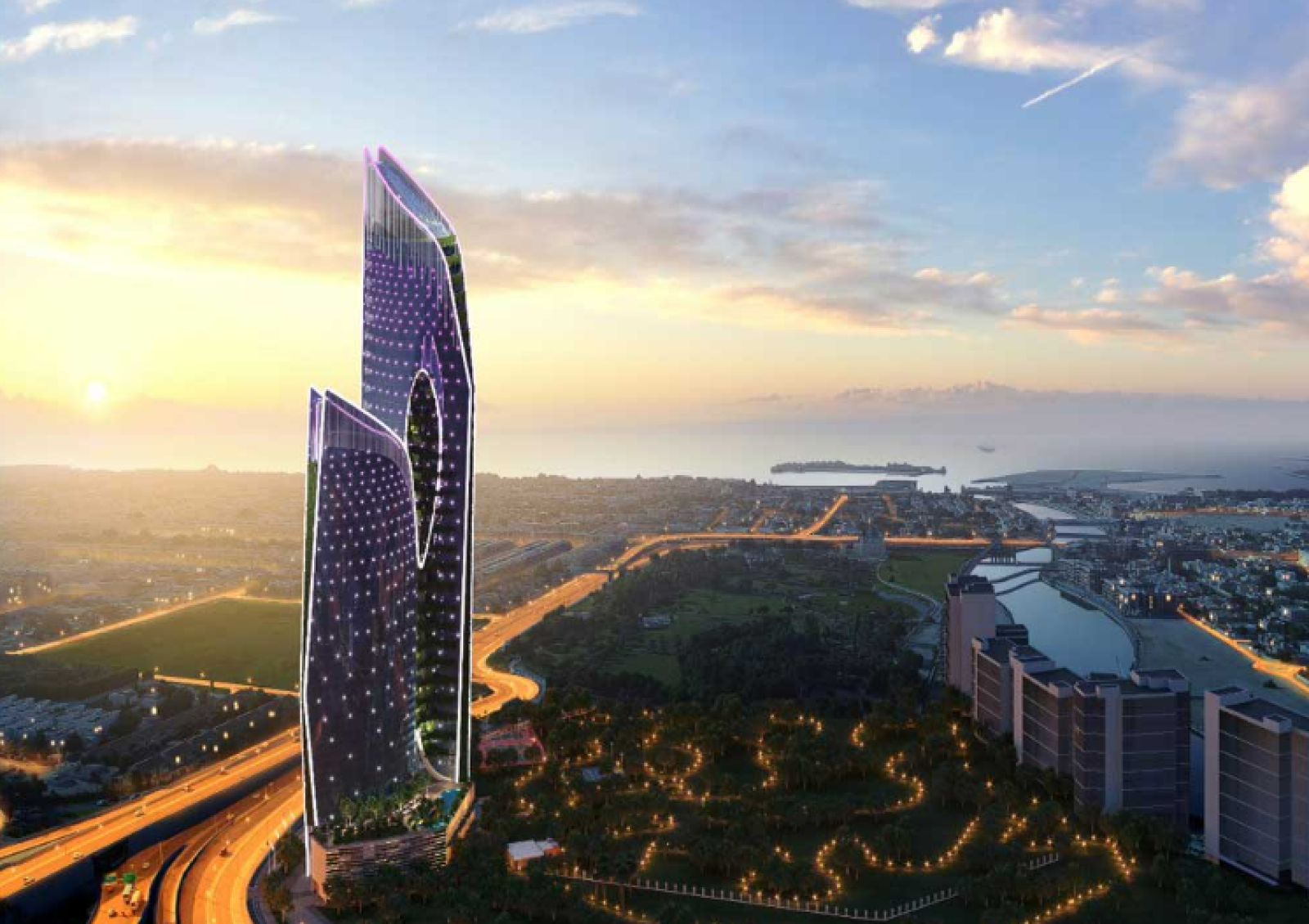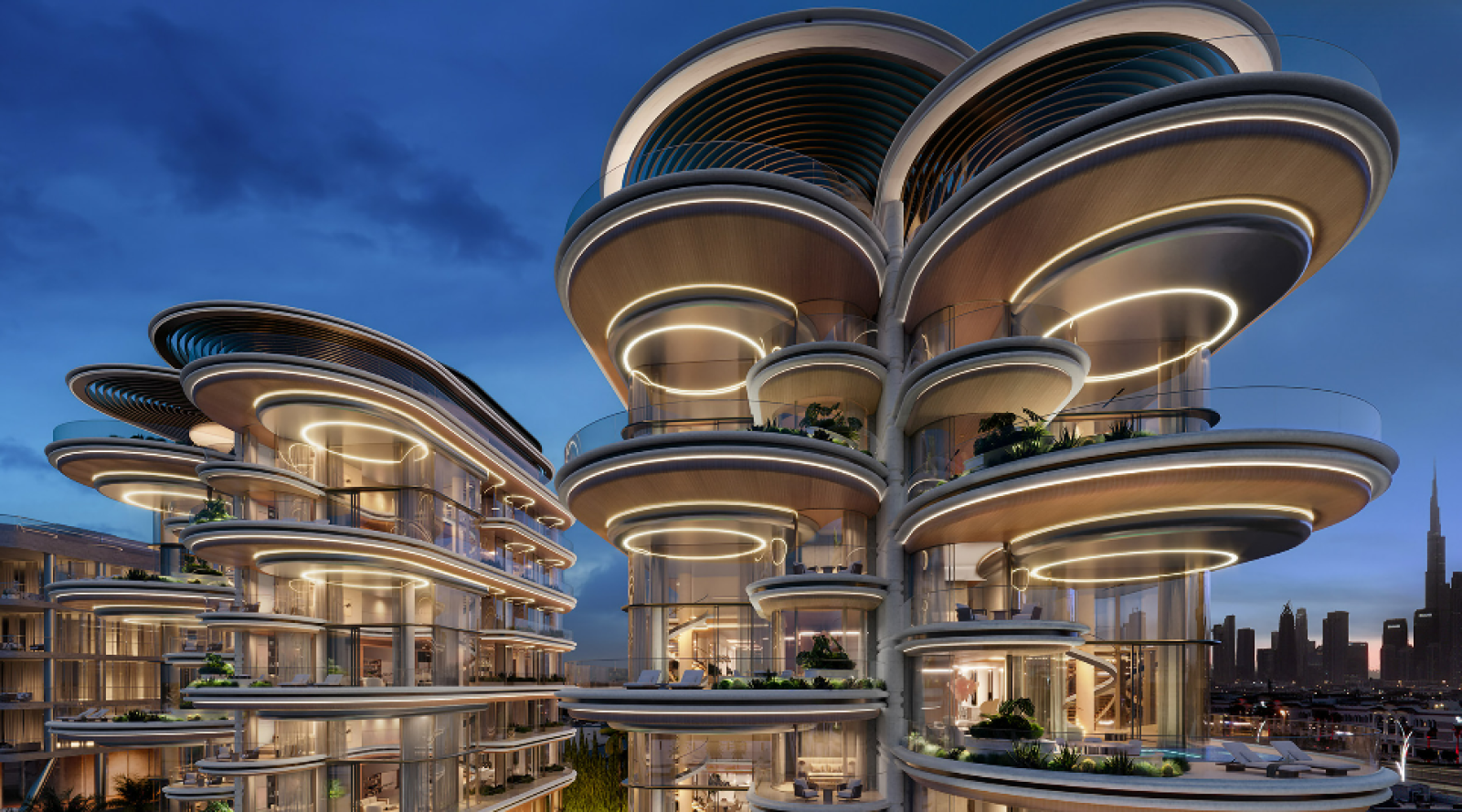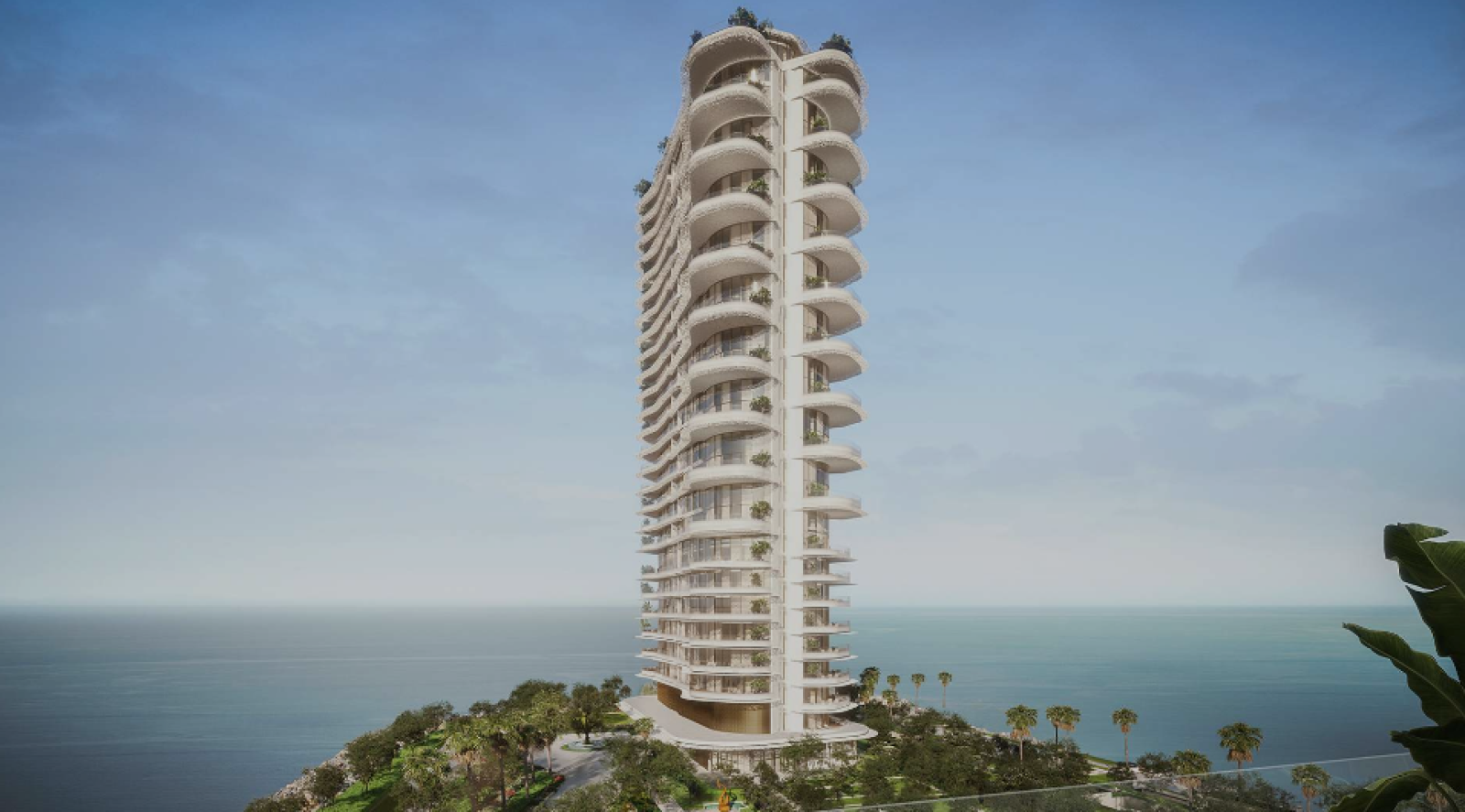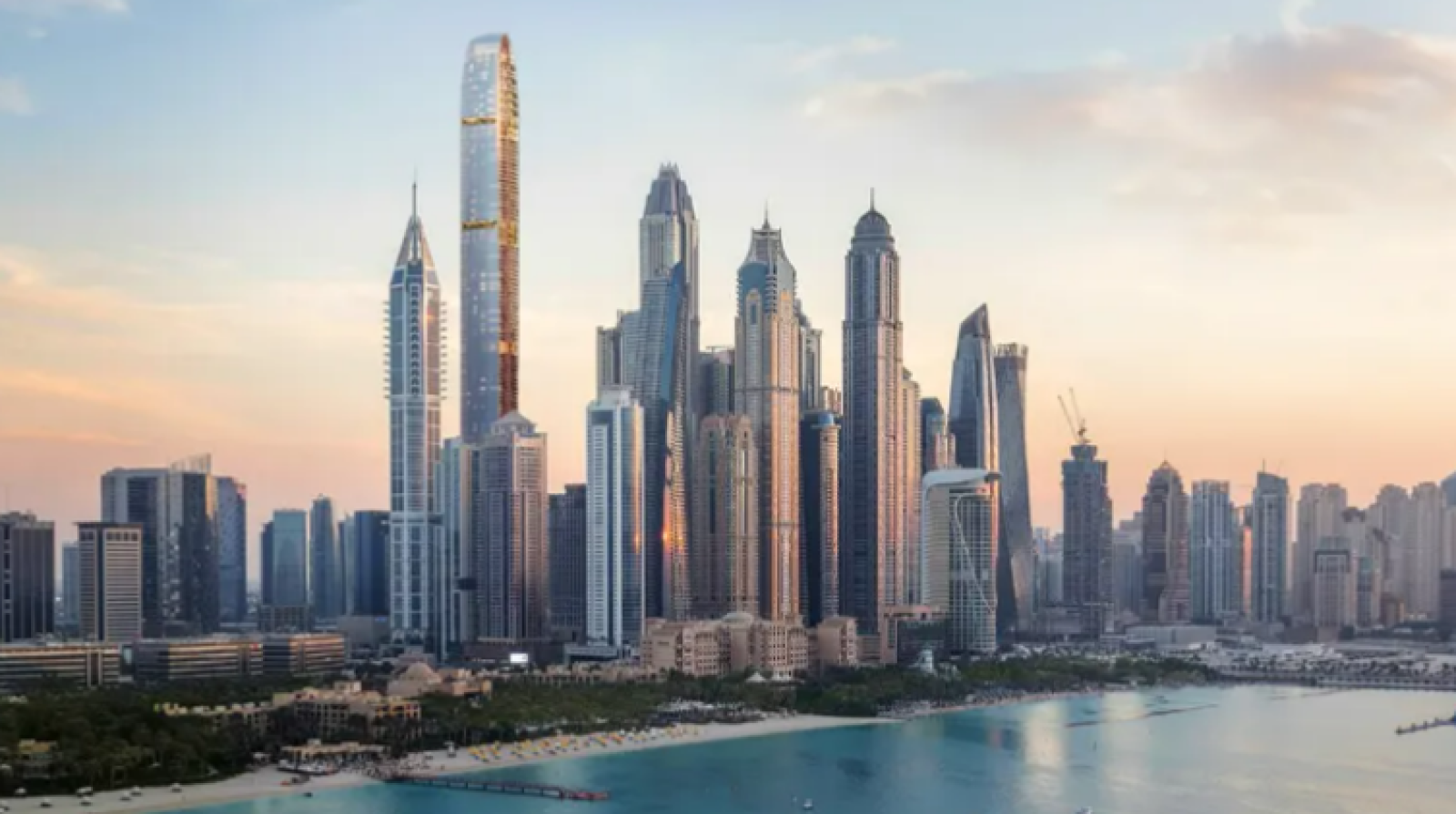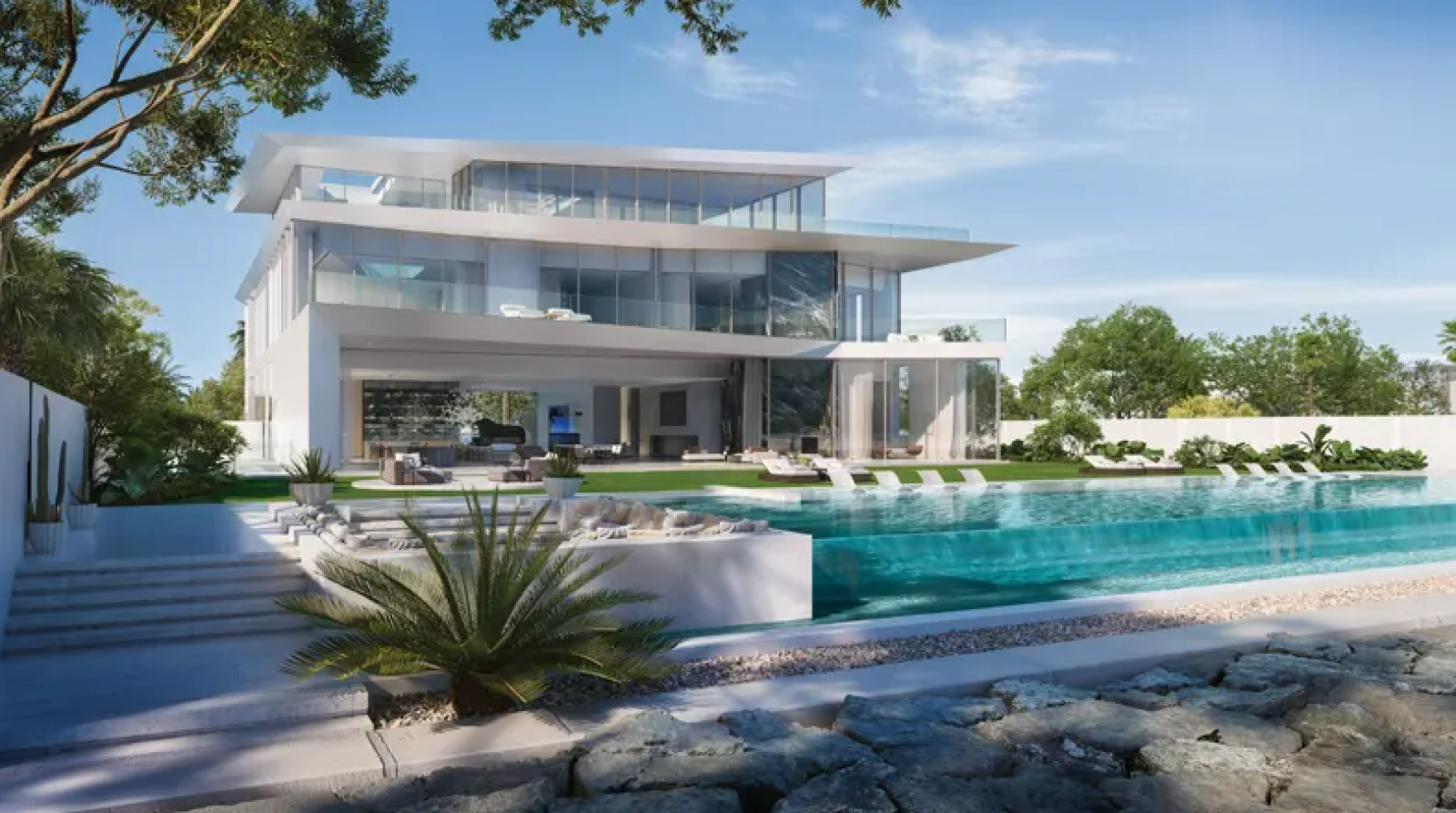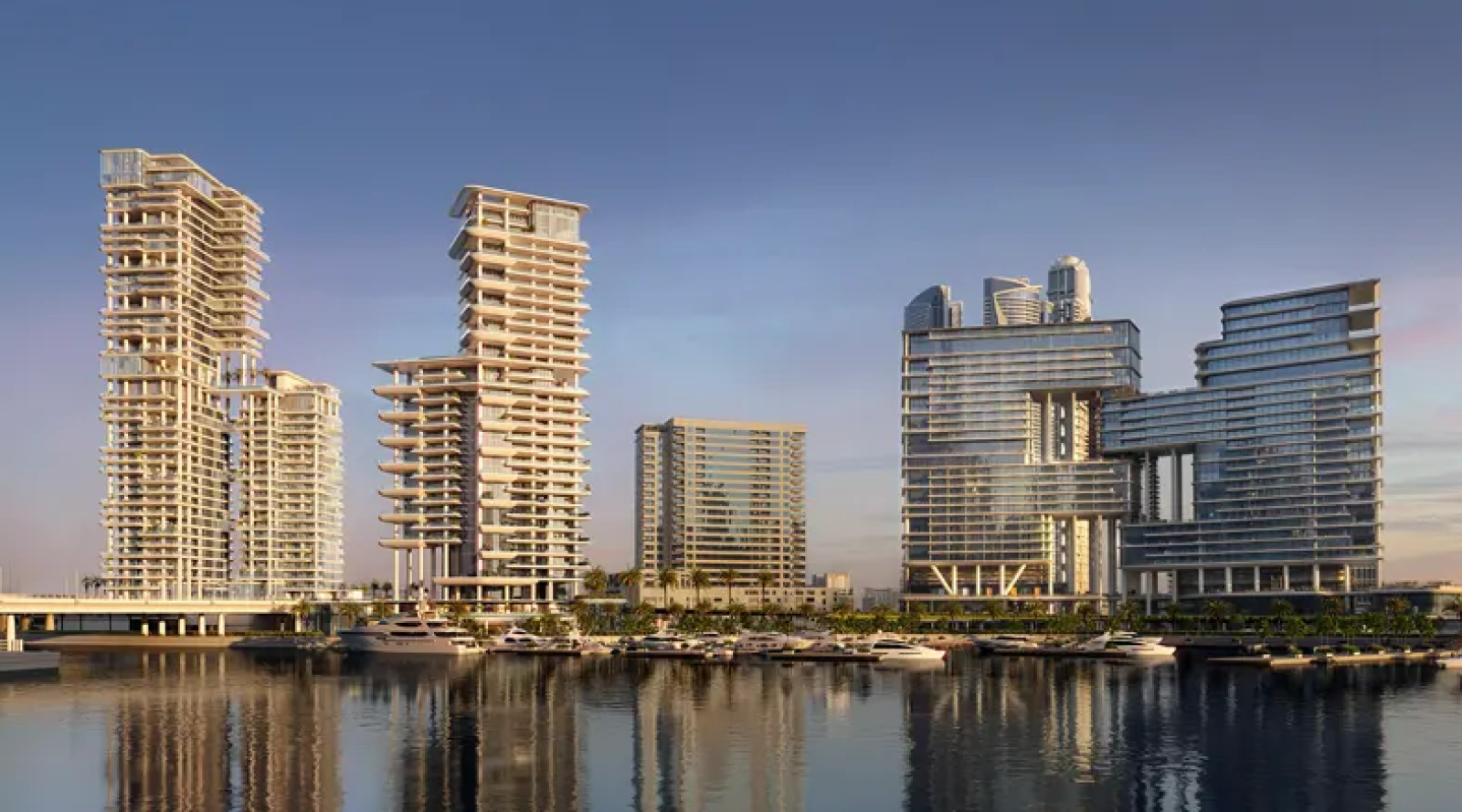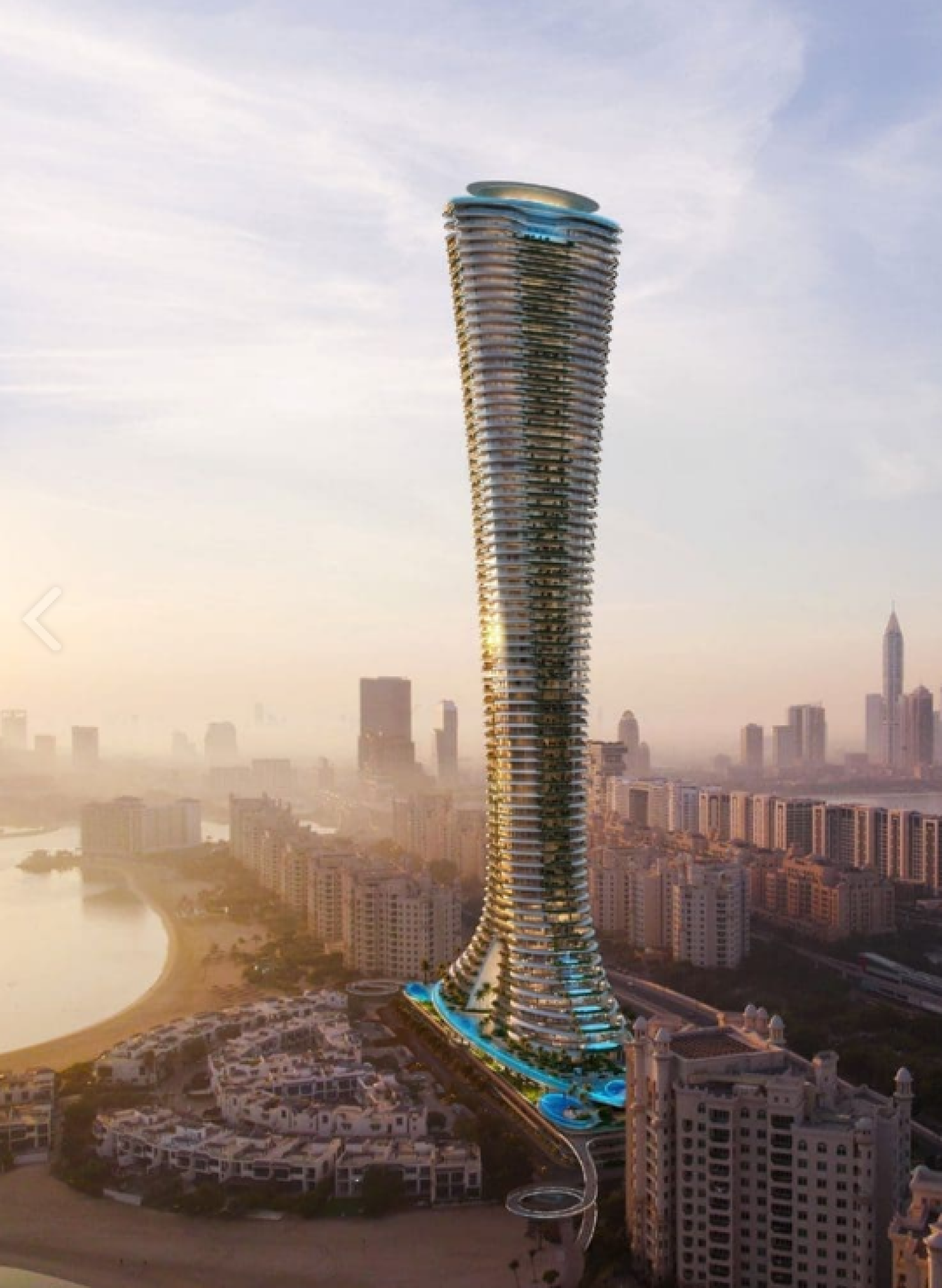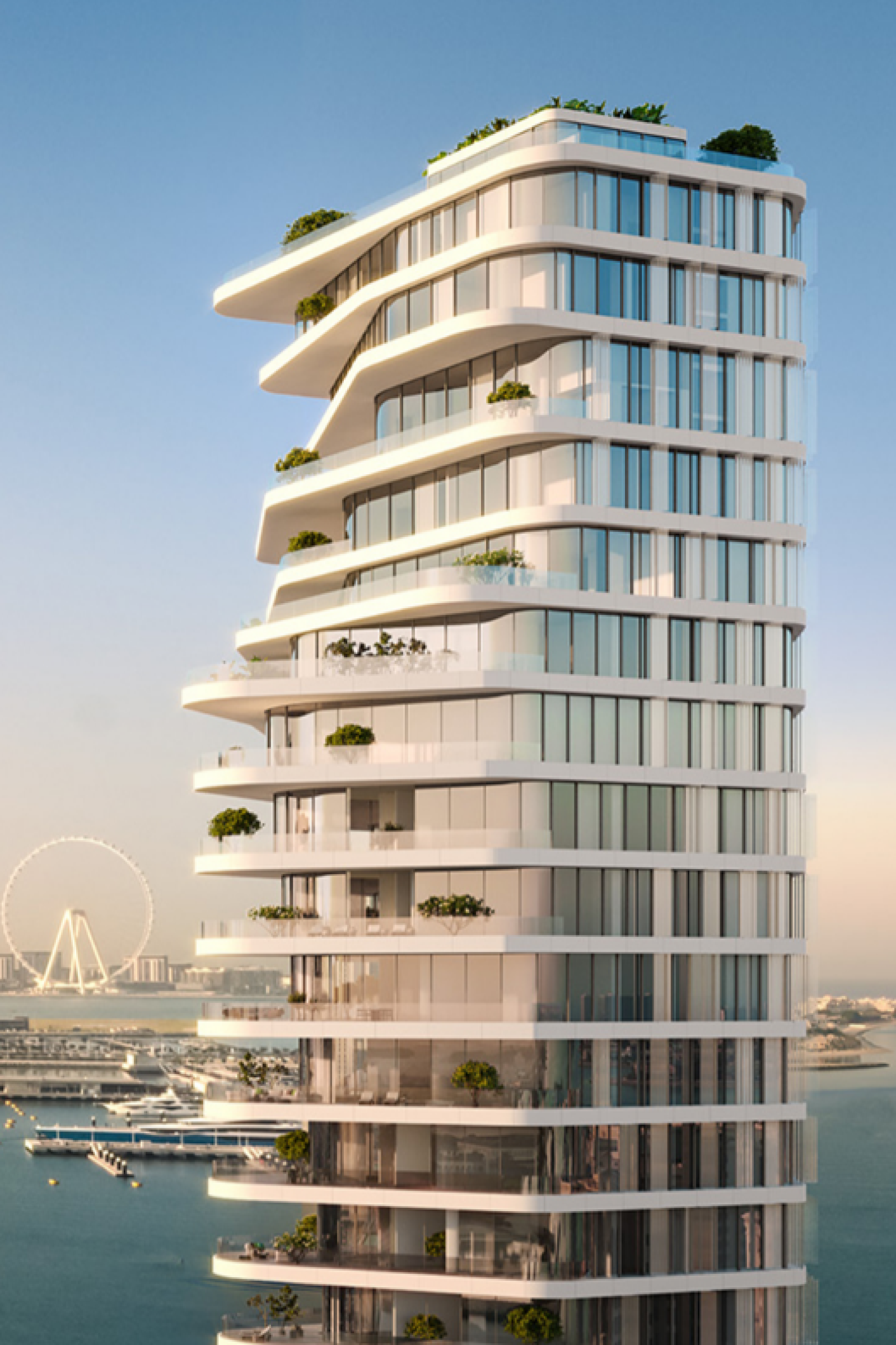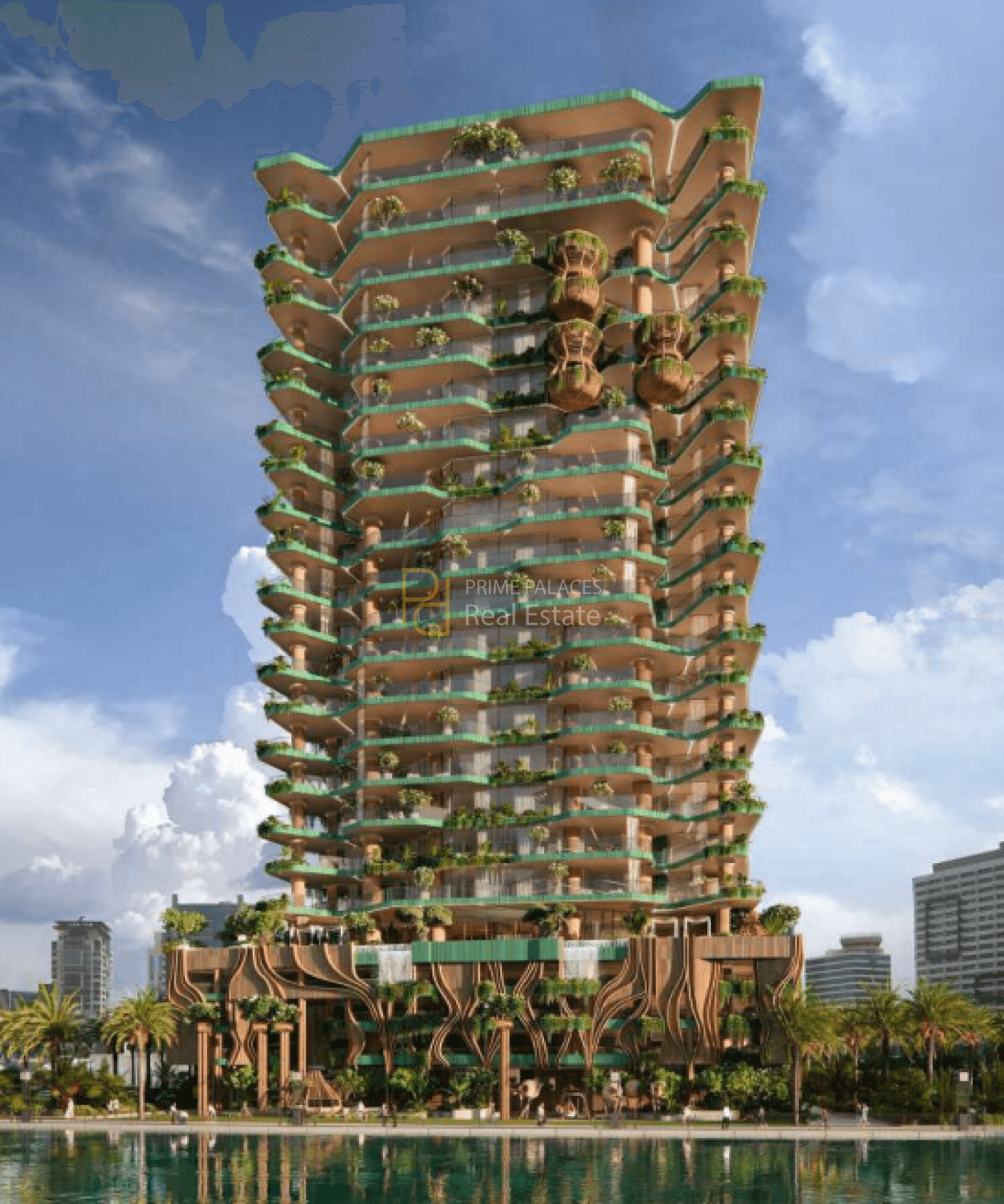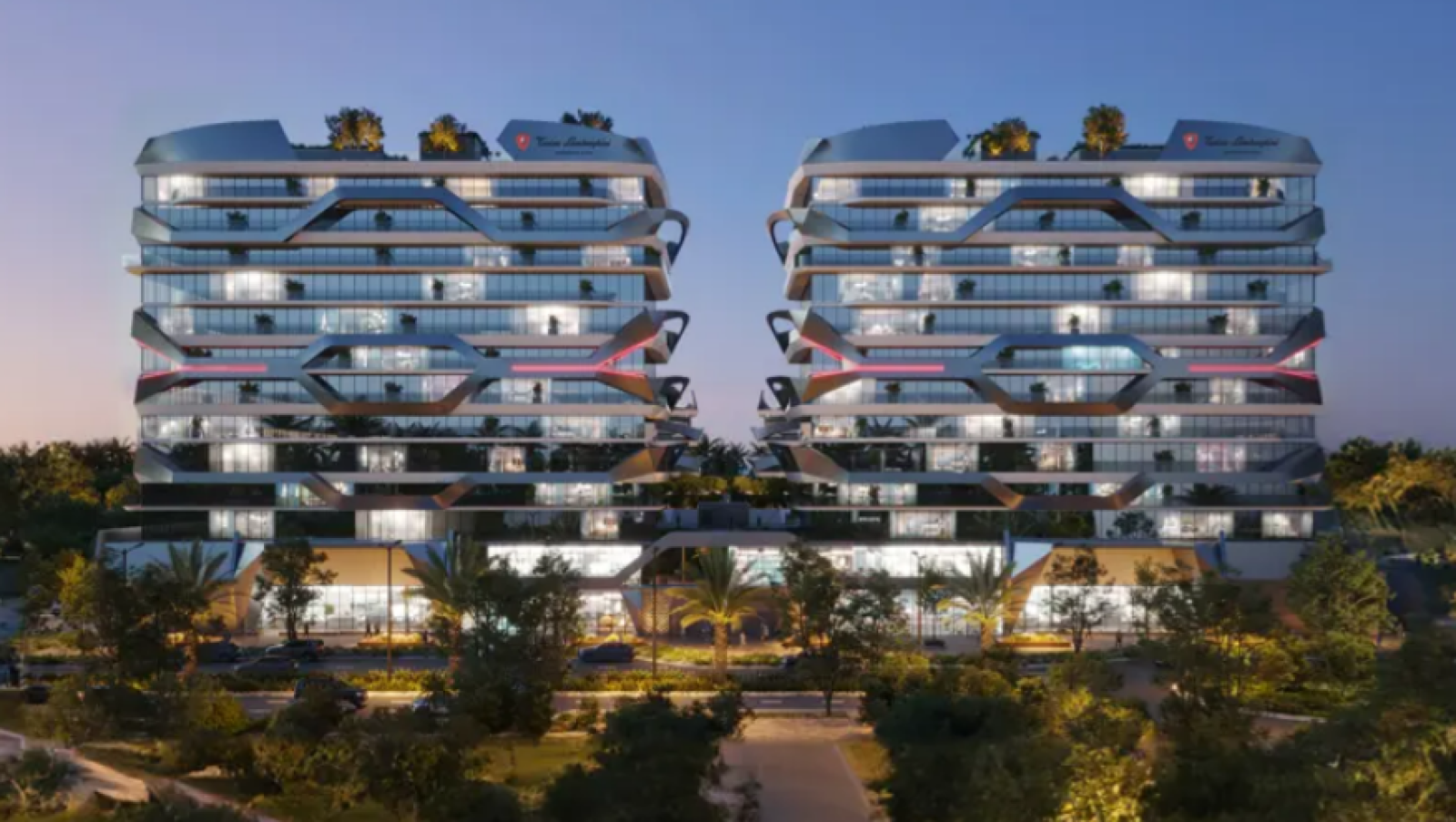What Makes Abu Dhabi Different from Dubai?
When comparing the two powerhouses of the UAE, Abu Dhabi vs Dubai is a topic that often sparks discussion among investors, residents, and global observers. Both cities are modern marvels, but Abu Dhabi, as the capital of the United Arab Emirates, has carved out a distinctly different identity from its flashier cousin, Dubai.
Governance and Economic Strategy
One of the most fundamental differences lies in governance. Abu Dhabi is the seat of federal government and home to the ruling family of the UAE, giving it a central role in policymaking. The city also boasts vast oil reserves, making it one of the wealthiest emirates. While Dubai has built its economy around tourism, trade, and real estate, Abu Dhabi has taken a more measured approach, prioritizing long-term sustainability, sovereign wealth fund investments, and diversification through sectors like clean energy, education, and advanced manufacturing.
Real Estate Market and Investment Landscape
The Abu Dhabi real estate market is known for its stability, government-backed projects, and strong regulatory frameworks. Unlike Dubai, where property cycles can be more volatile due to fast-paced development and speculation, Abu Dhabi maintains controlled growth. Investors are drawn to the capital for its promising yields, high-end developments such as Saadiyat Island and Al Reem Island, and the recent expansion of freehold zones that allow foreign ownership.
Investment in Abu Dhabi is supported by robust infrastructure and a more selective development strategy. The emirate also benefits from lower supply compared to Dubai, which can create a stronger demand-to-inventory balance, particularly in premium segments.
Lifestyle and Cultural Identity
Living in Abu Dhabi offers a more serene and traditional lifestyle compared to the fast-paced, cosmopolitan vibe of Dubai. The capital places a stronger emphasis on preserving Emirati heritage, seen in initiatives such as the Louvre Abu Dhabi, Qasr Al Watan, and the Cultural District on Saadiyat Island. There’s also a notable focus on family life, with expansive green spaces, beaches, and education facilities.
While Dubai is known for skyscrapers, nightlife, and luxury retail, Abu Dhabi appeals to those looking for a slower rhythm, deeper cultural connections, and exclusive experiences like Formula 1 at Yas Marina Circuit or luxury retreats on Nurai Island.
Economic and Global Positioning
As the UAE capital city, Abu Dhabi holds immense geopolitical significance. It houses embassies, major government offices, and international institutions. The city also leads in clean energy initiatives through projects like Masdar City and plays a central role in regional diplomacy and global sustainability dialogues.
Dubai’s branding as a tourism and commercial hub has brought worldwide fame, but Abu Dhabi wields economic influence through its sovereign wealth fund, the Abu Dhabi Investment Authority (ADIA), one of the largest in the world. This positions the city as a serious player in global finance and policy-making.
In conclusion, the differences between Abu Dhabi and Dubai lie in their pace, focus, and personality. Abu Dhabi is the refined, powerful elder sibling—rich in culture, influence, and resources. Dubai, on the other hand, is the entrepreneurial, high-energy younger counterpart. For investors, business leaders, and residents, understanding these distinctions helps tailor strategies, whether you're planning to live, work, or invest in the UAE.

